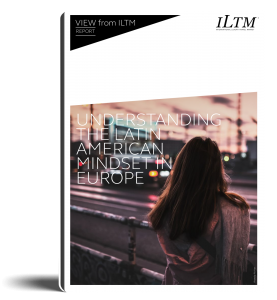ILTM are proud to partner with PANROTAS, one of the leading communication and media groups in the travel industry in Brazil, to bring you the second edition of the Annual Luxury Travel Report 2022/2023 – Brazil & Latin America.
Packed with data, analysis, insights and trends – it’s a comprehensive presentation of what luxury travel looks like in Brazil and Latin America today.
The Brazilian traveller is back on the road. Whilst the past three years has seen the world challenged by a succession of unprecedented circumstances, and the luxury travel industry in Brazil and Latin America has been impacted in many ways over this uncertain period. While many of these issues will continue to influence travel trends for some time, there is now cause for real optimism as we move into 2023.
Download your copy of the ILTM & PANROTAS Annual Luxury Travel Report 2022/2023 – Brazil/Latin America







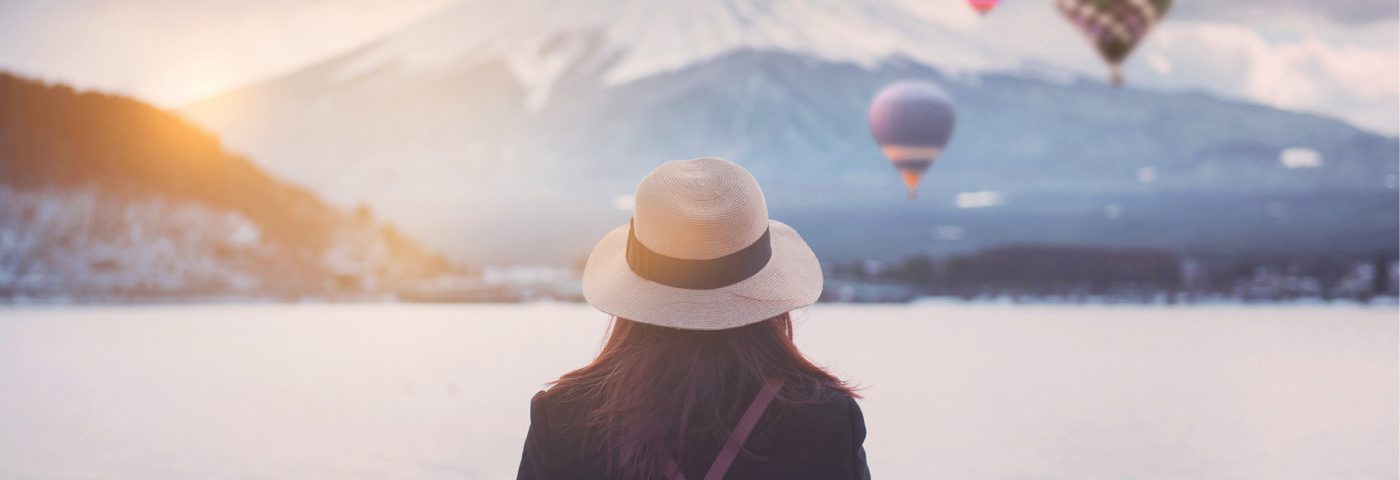

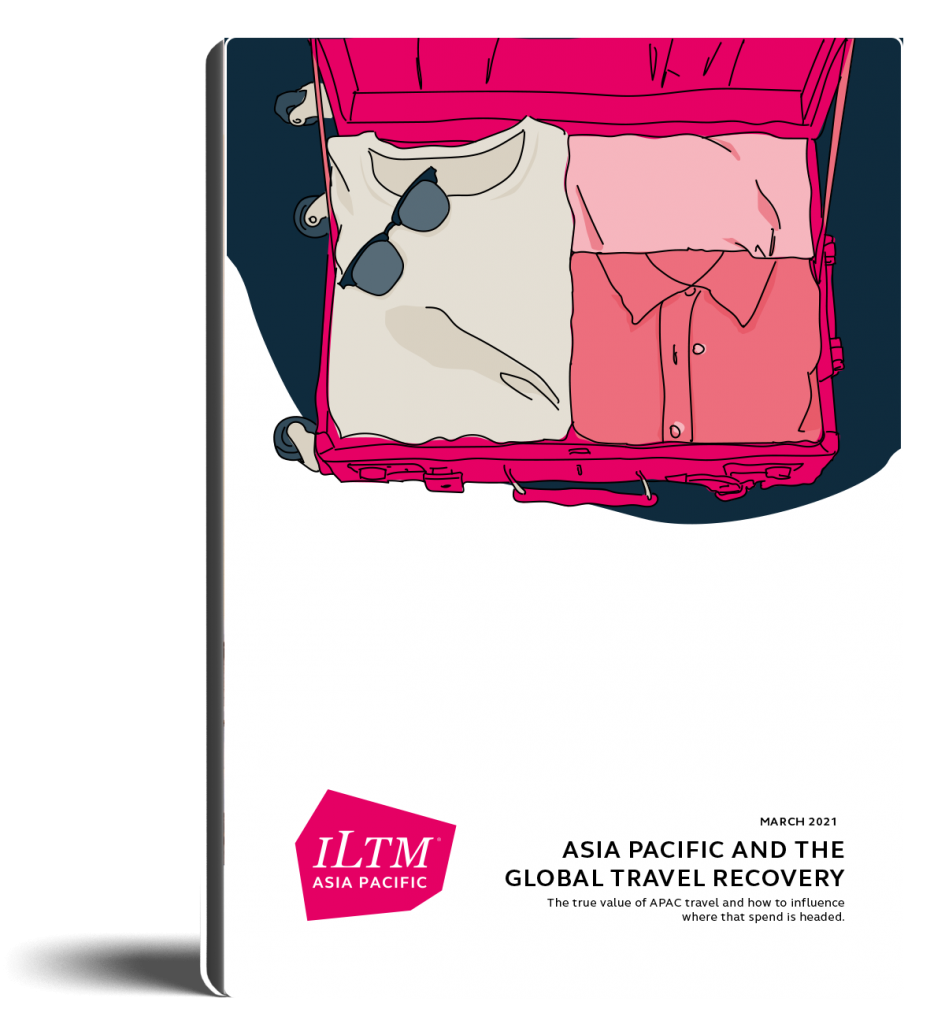

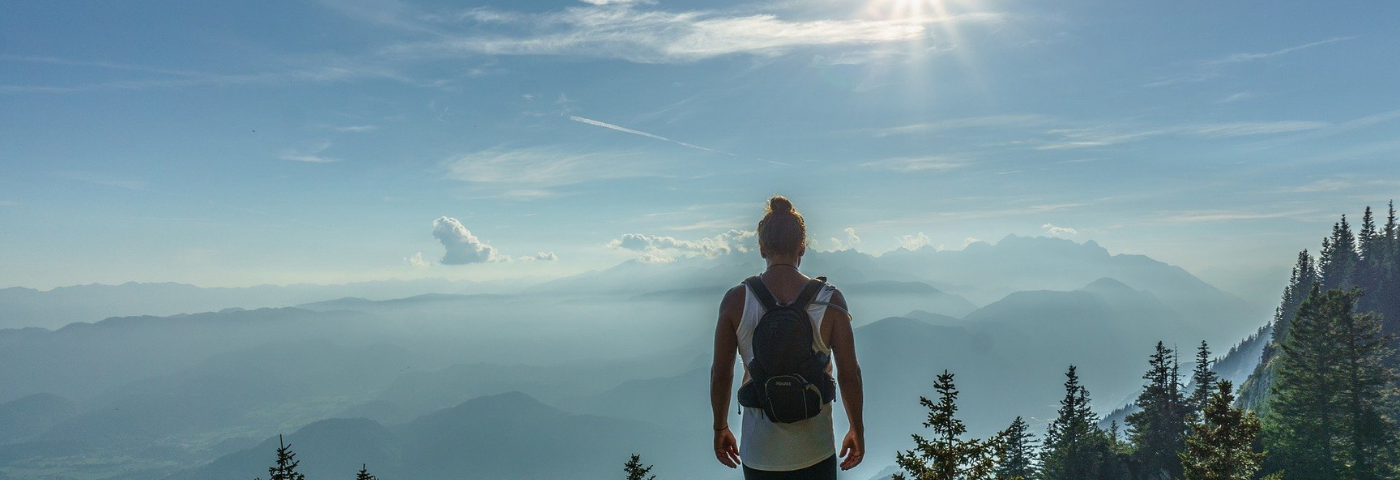
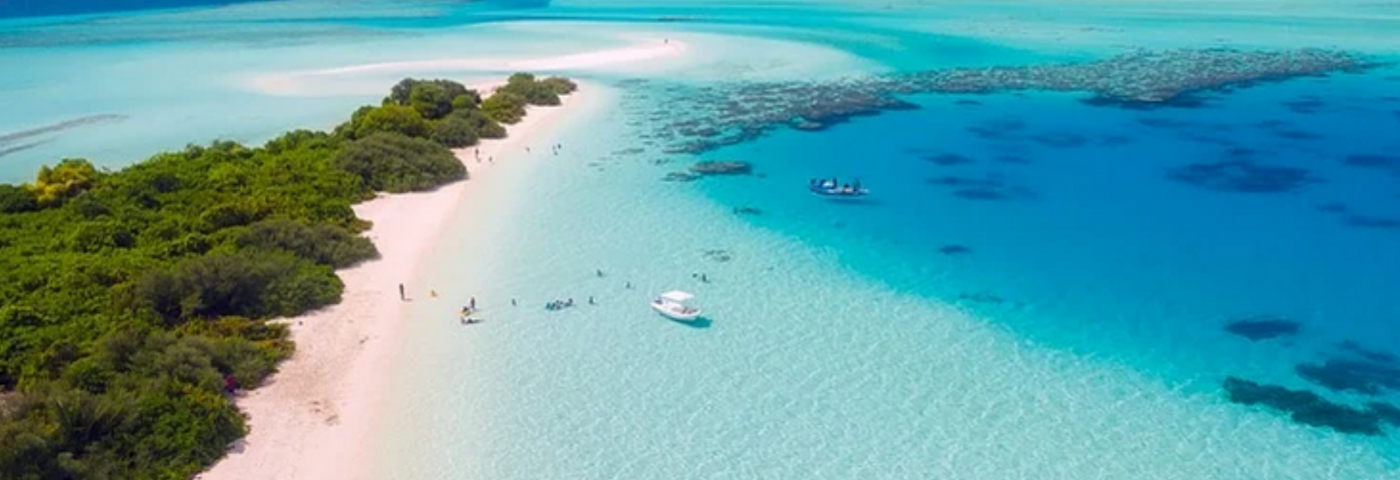
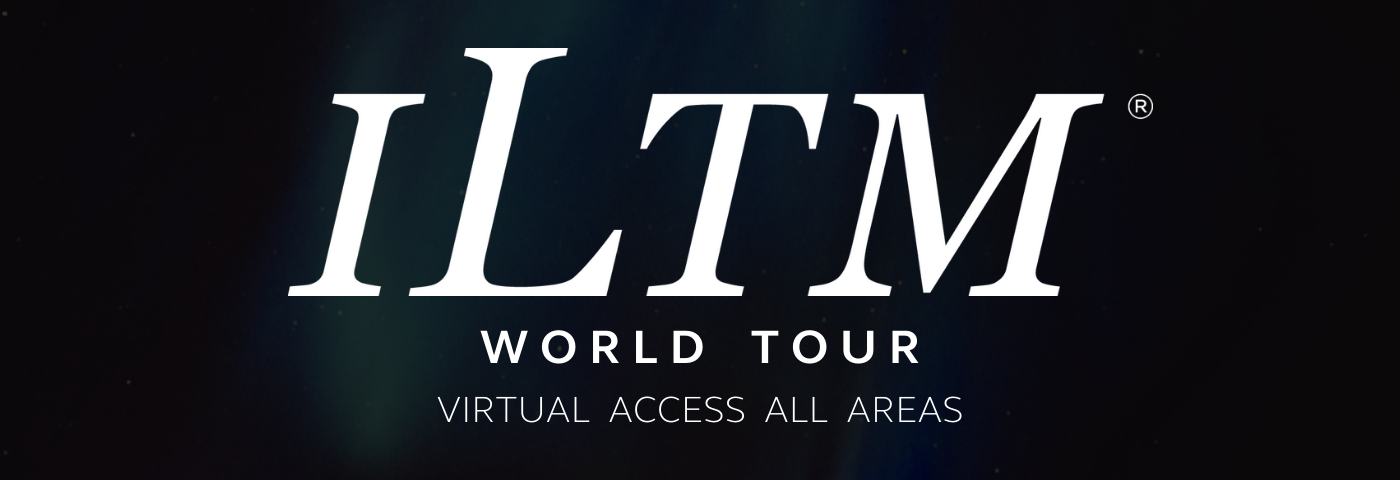
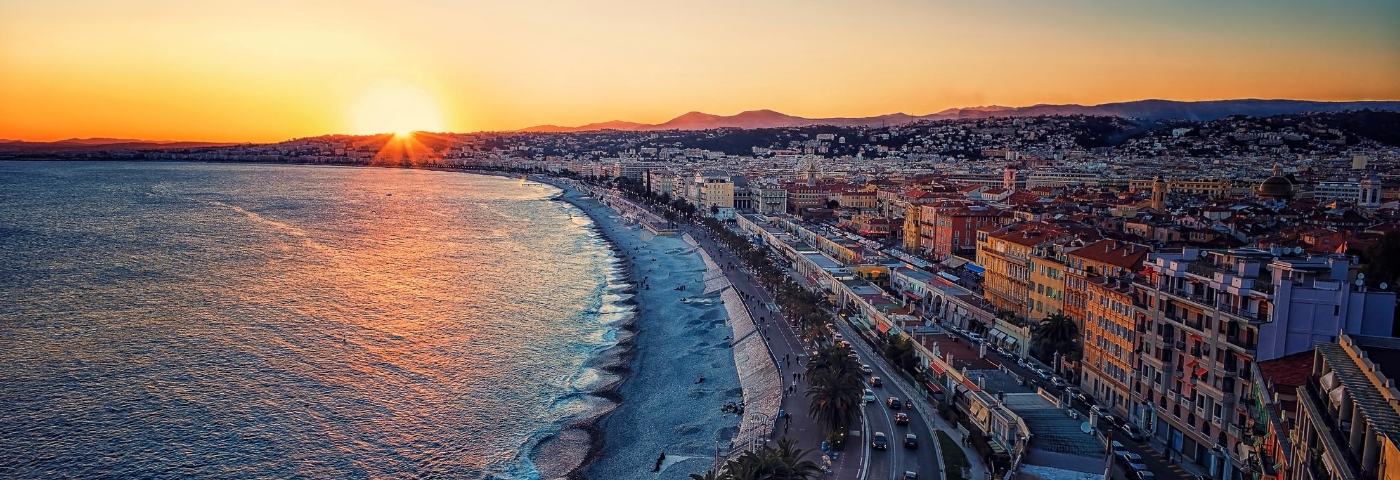
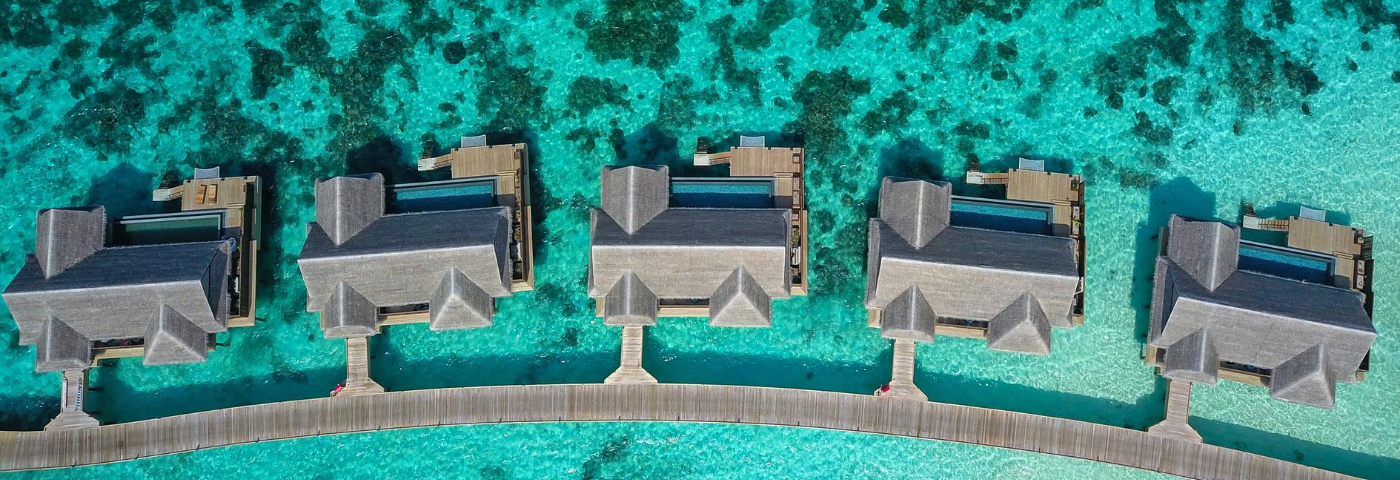
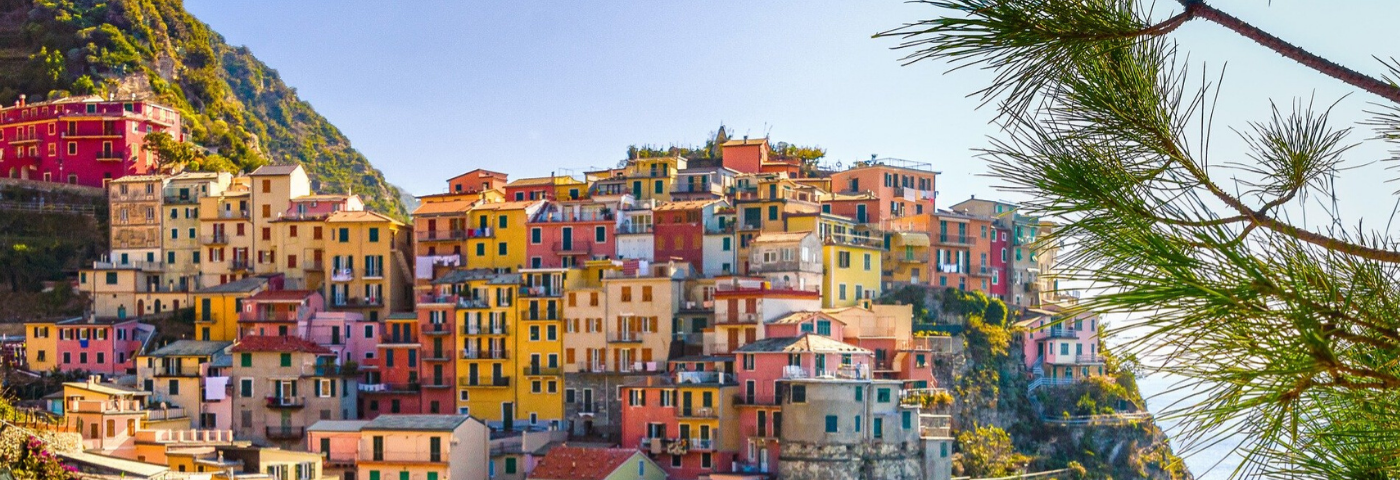
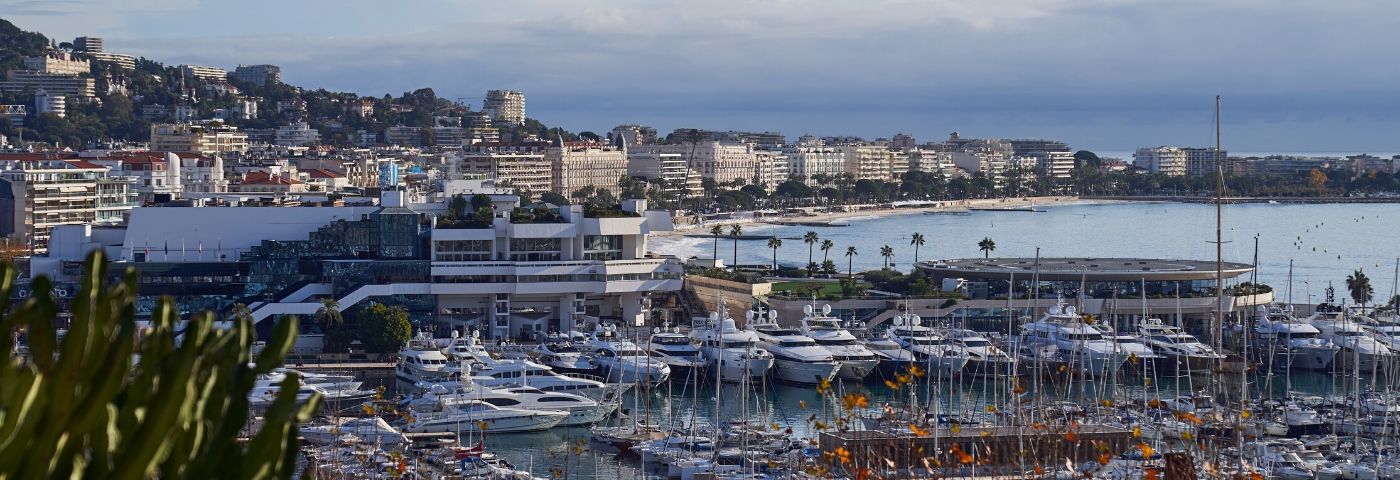
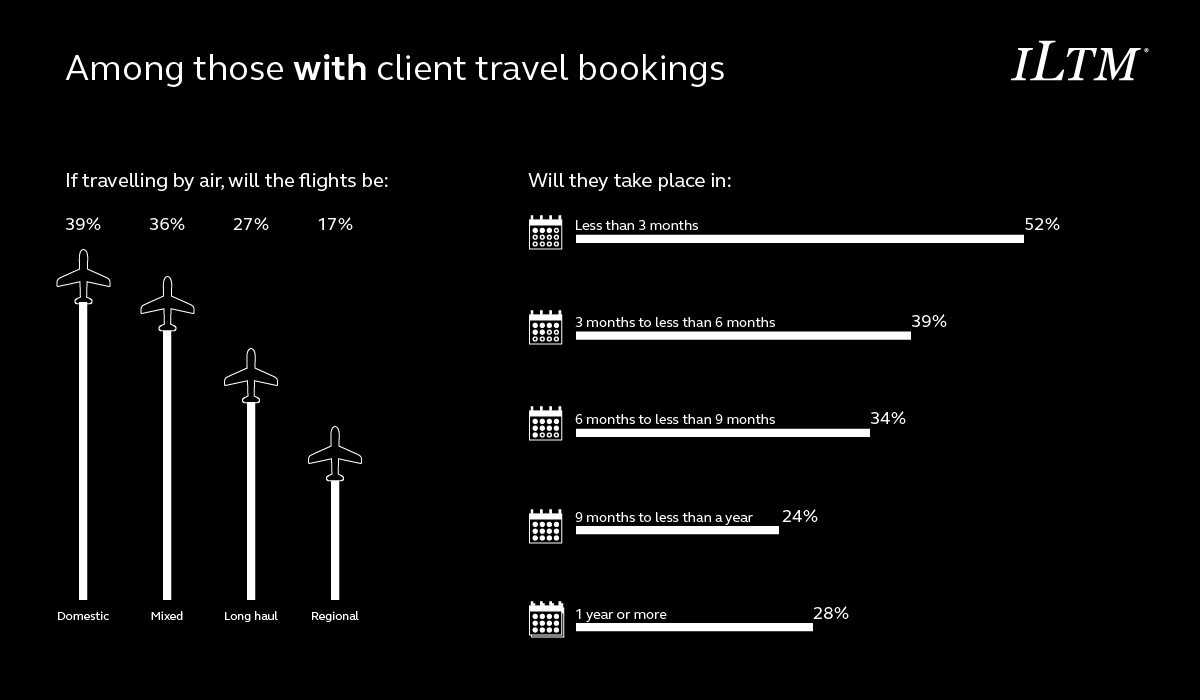
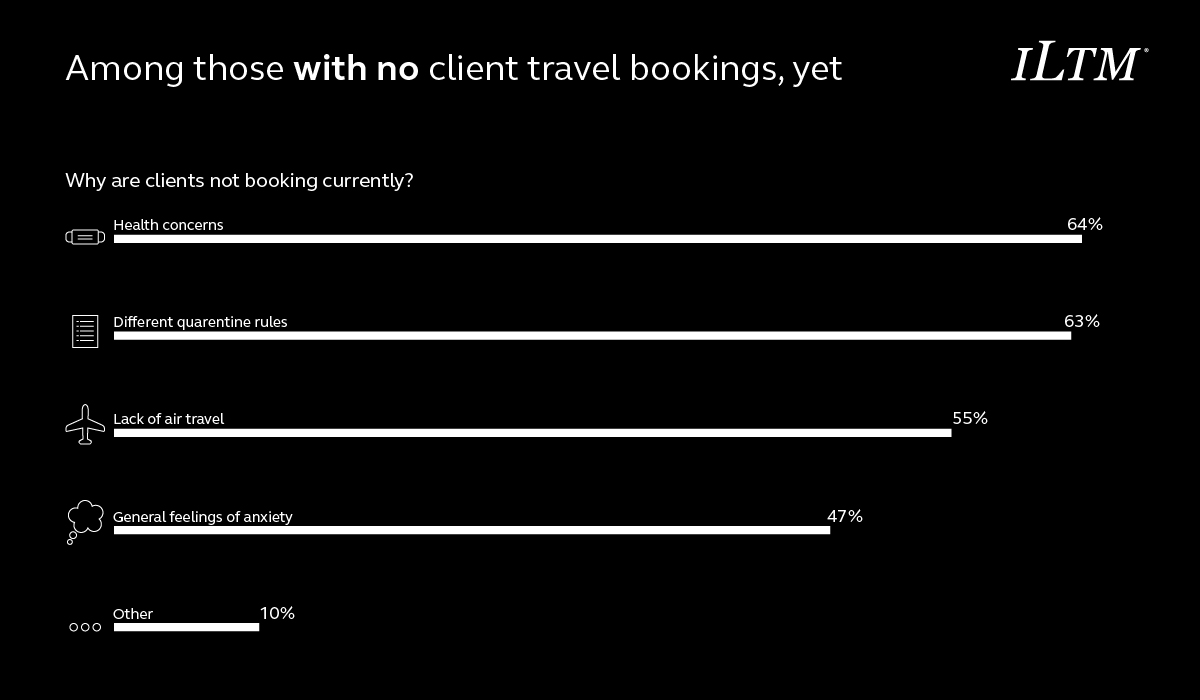
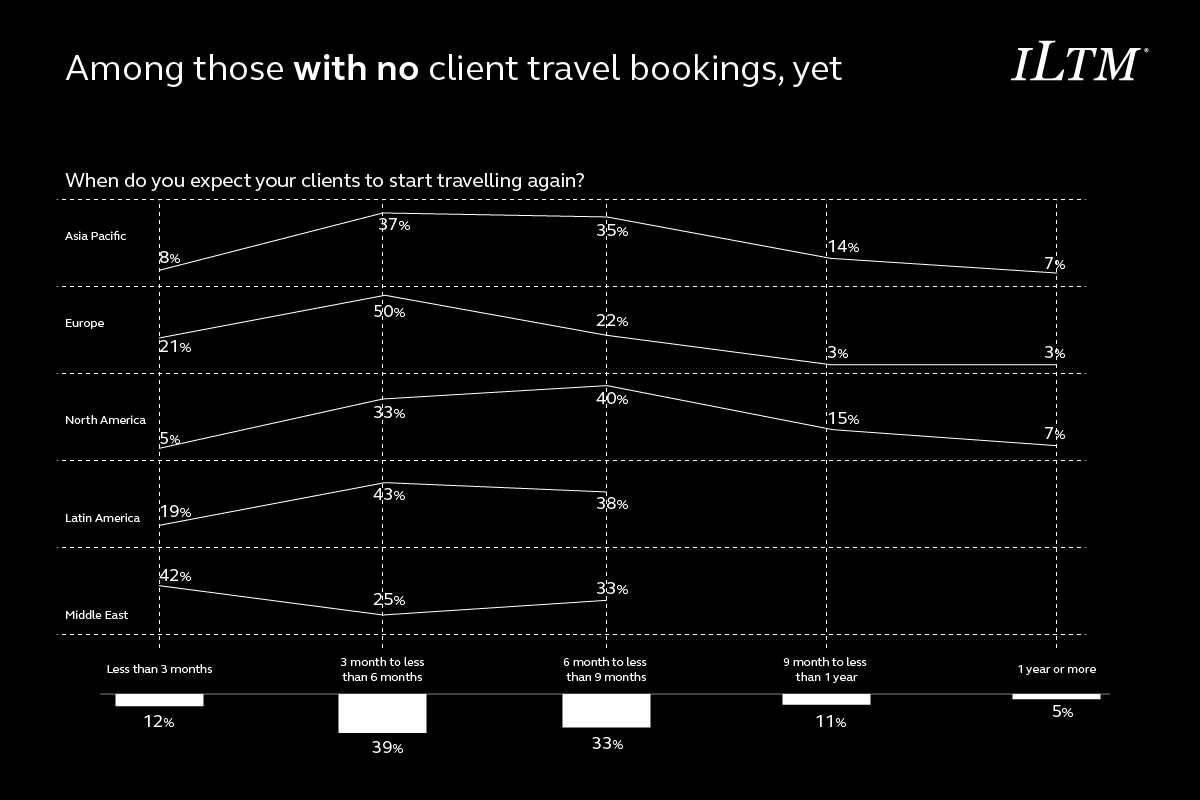

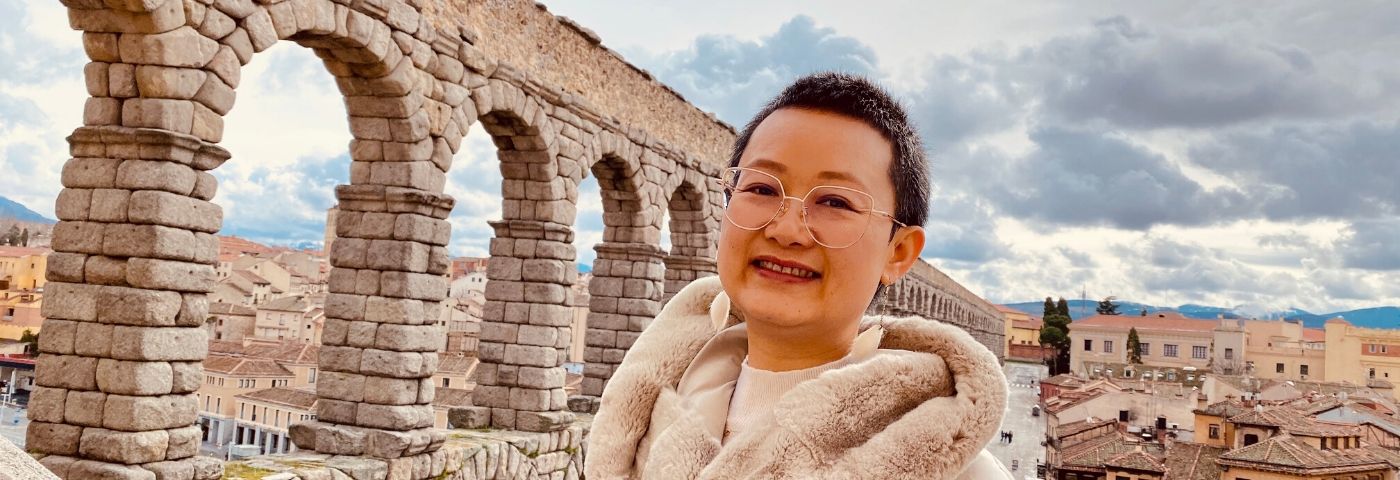



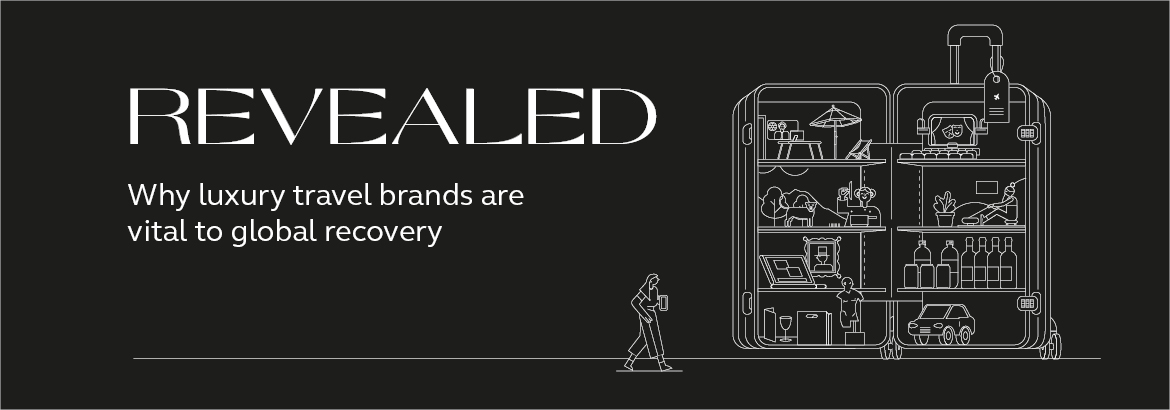


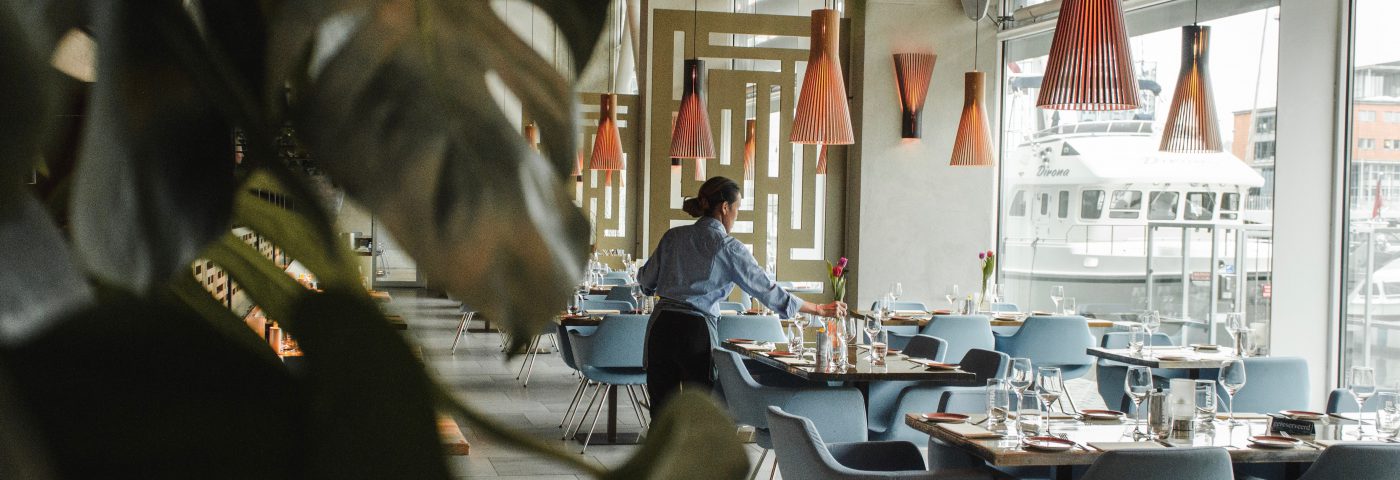
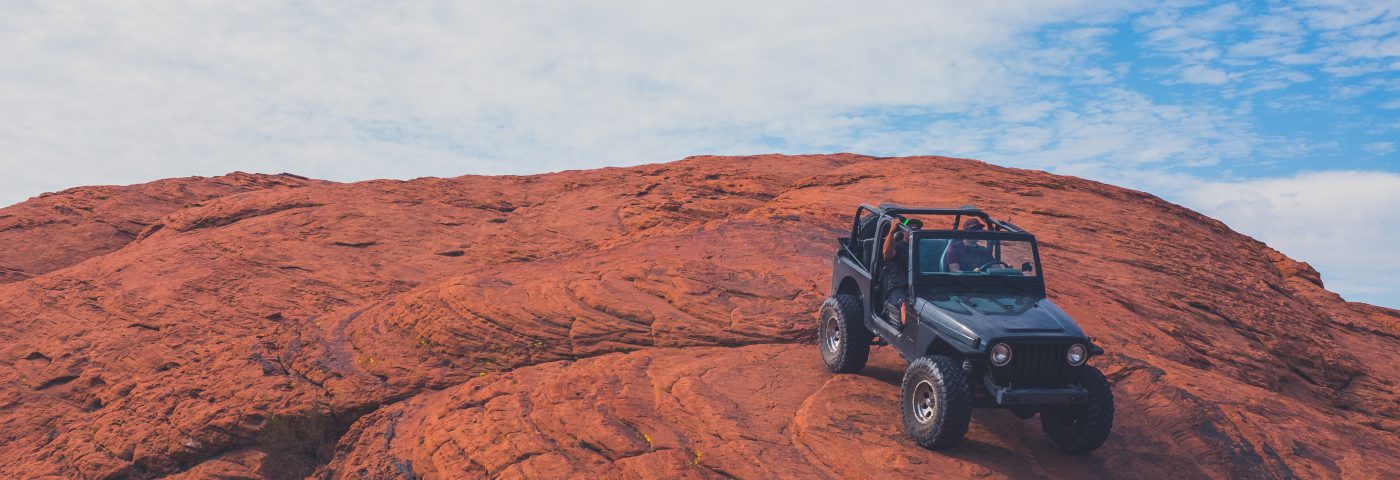
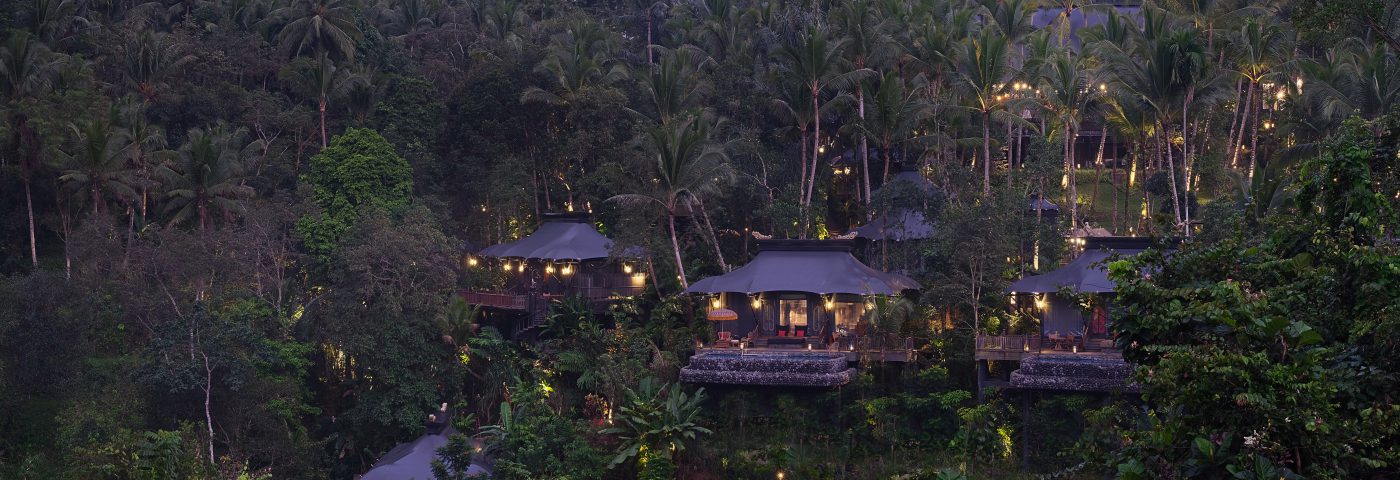
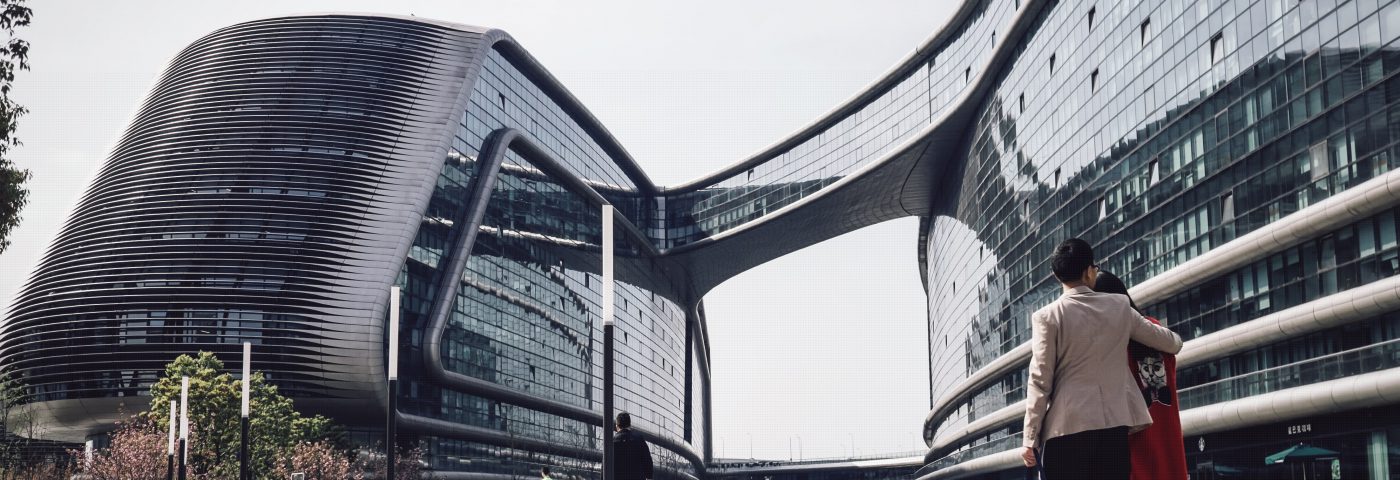
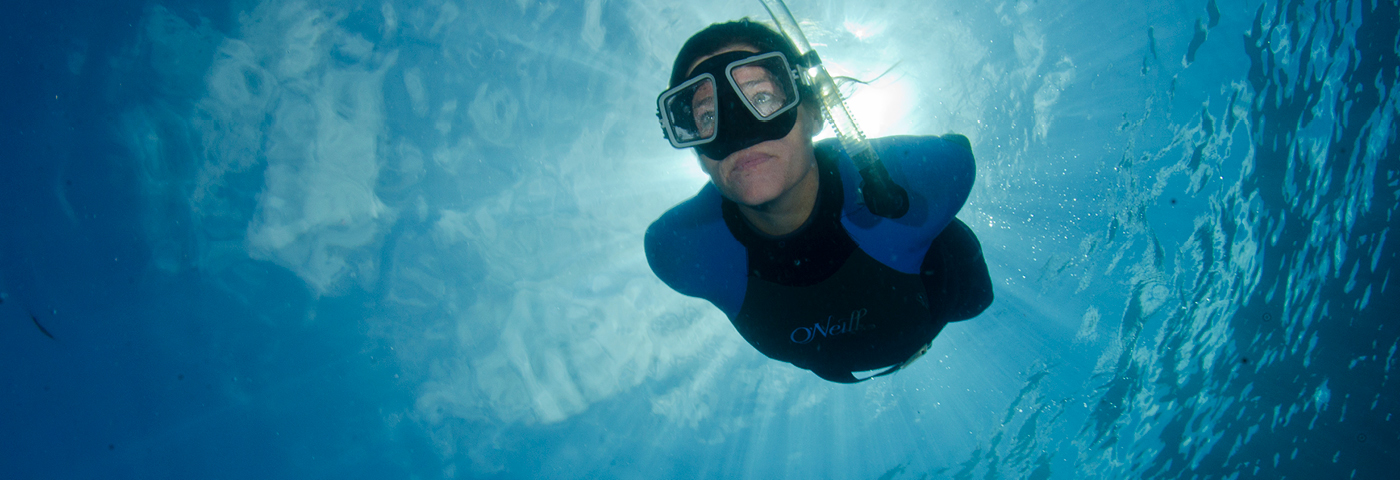
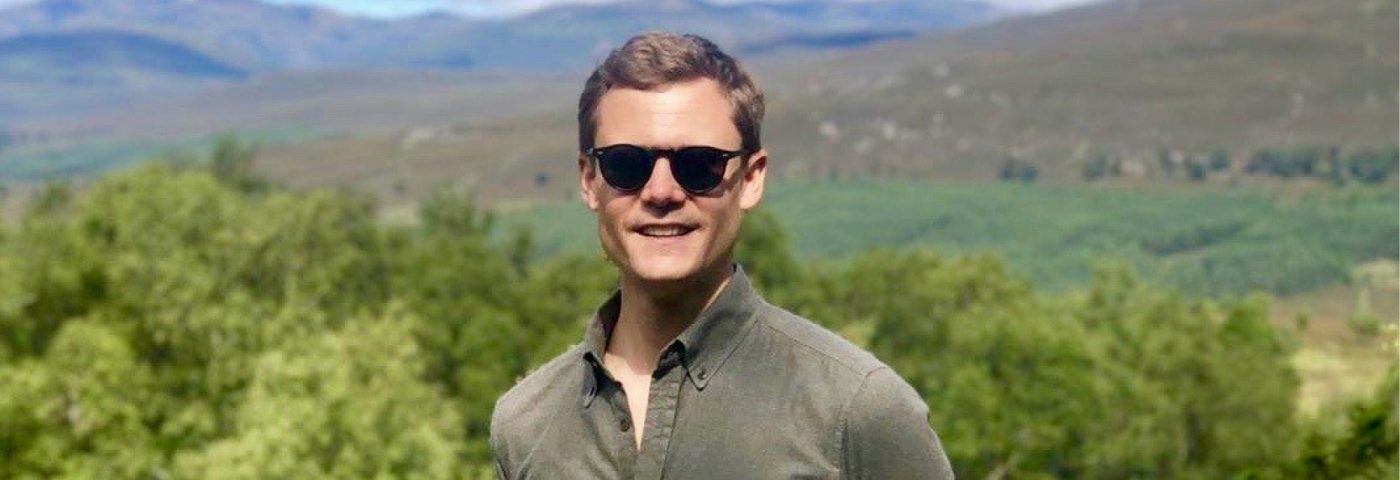
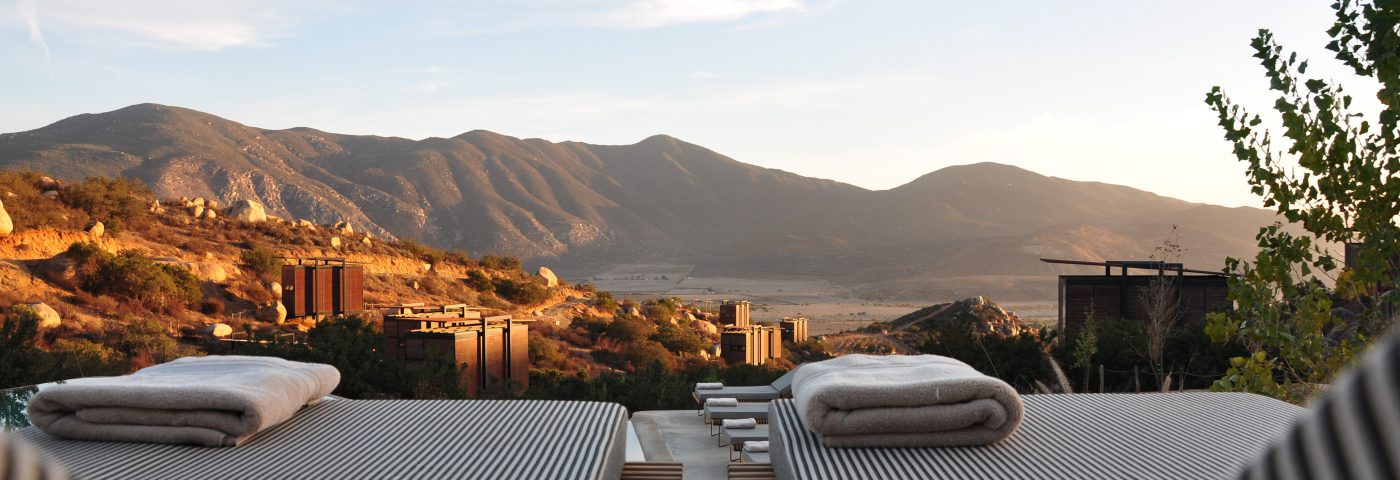

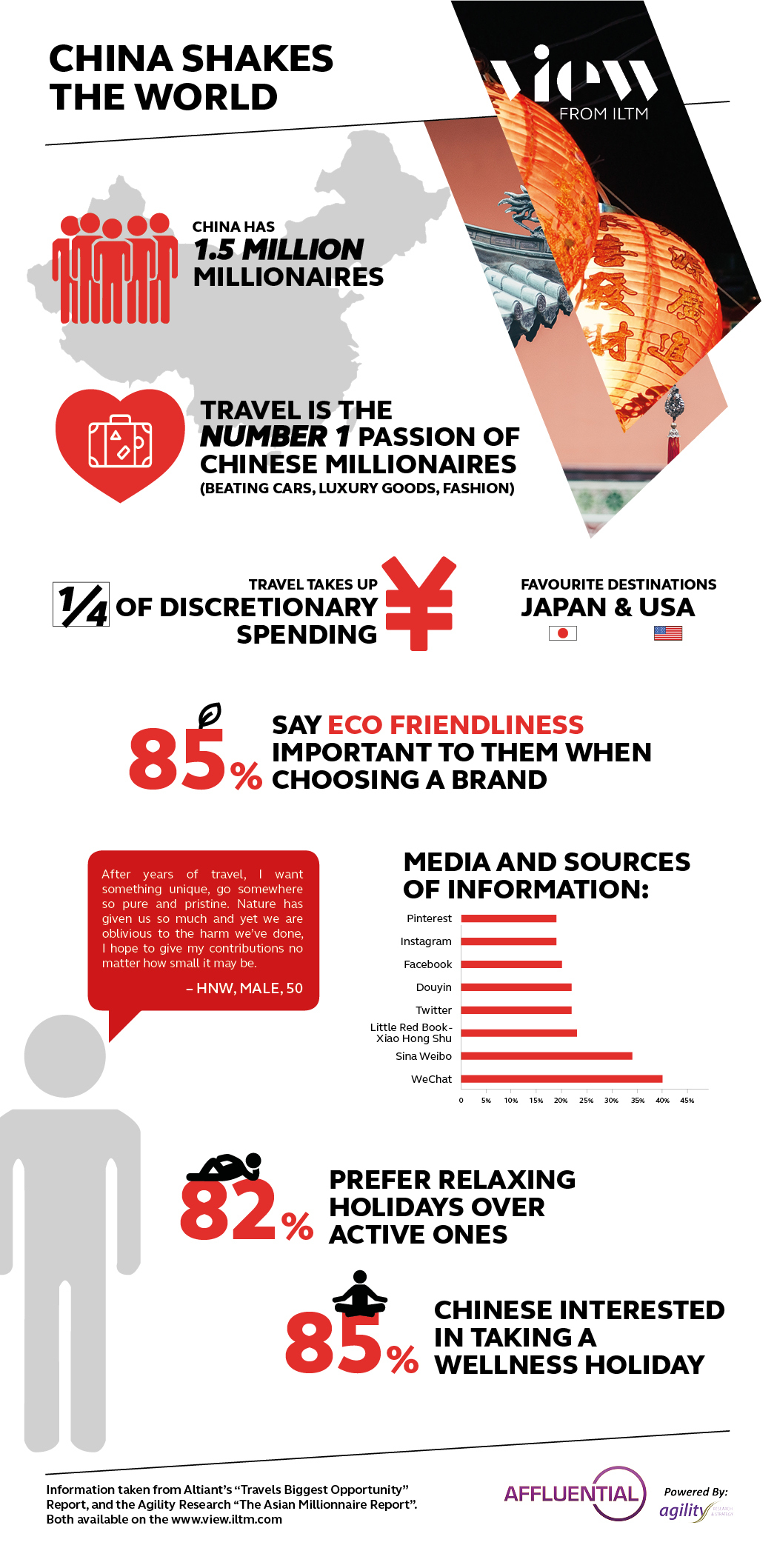
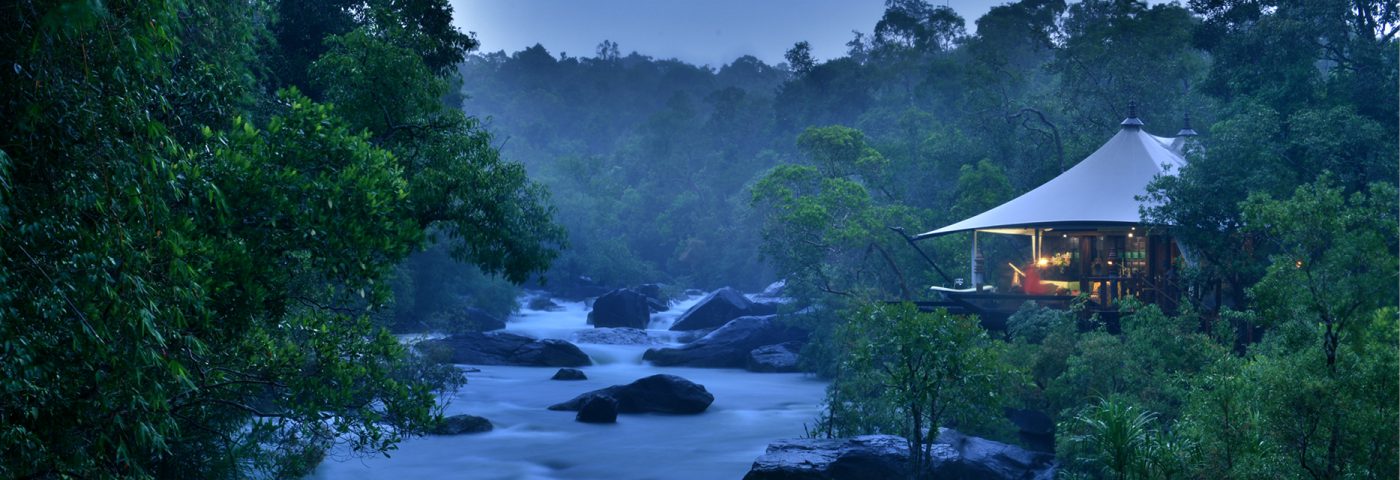
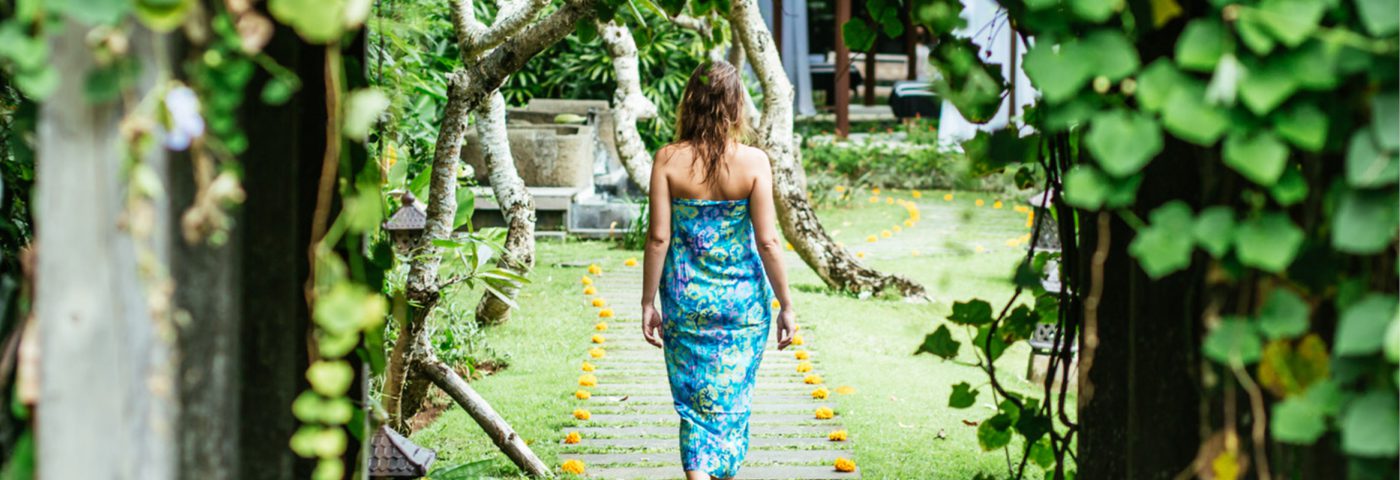
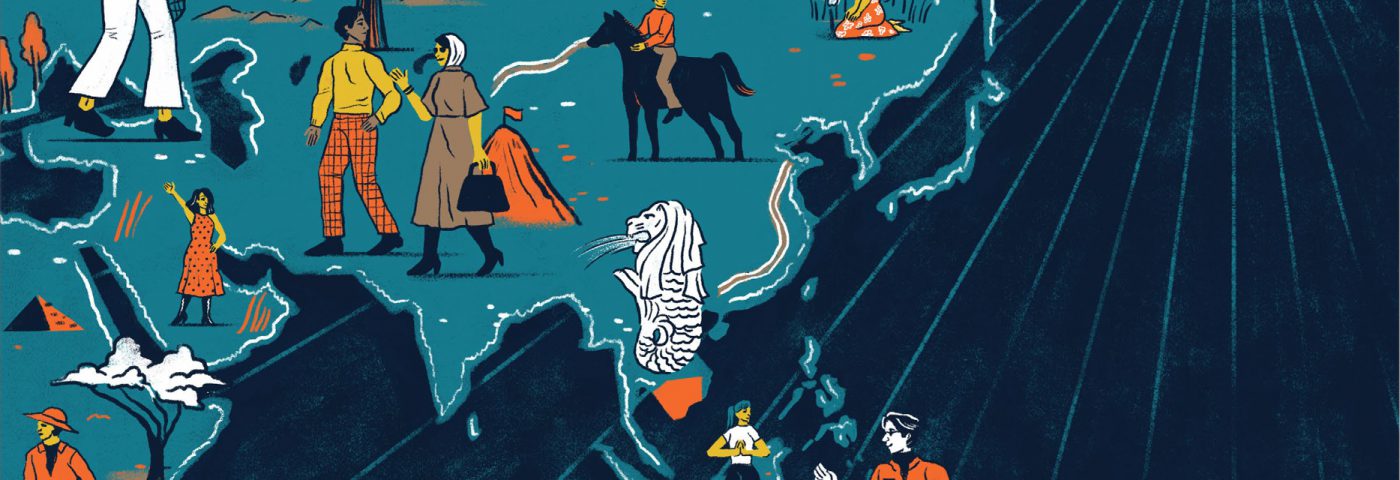
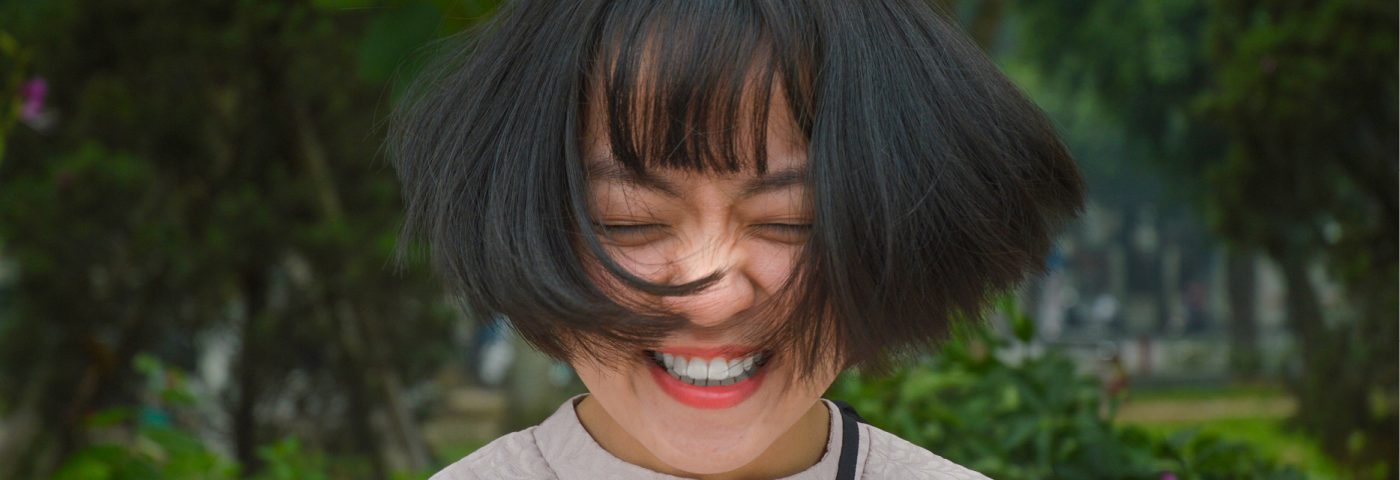
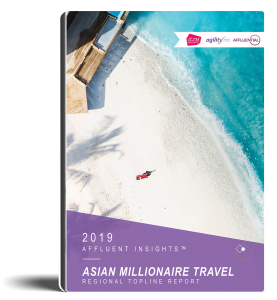


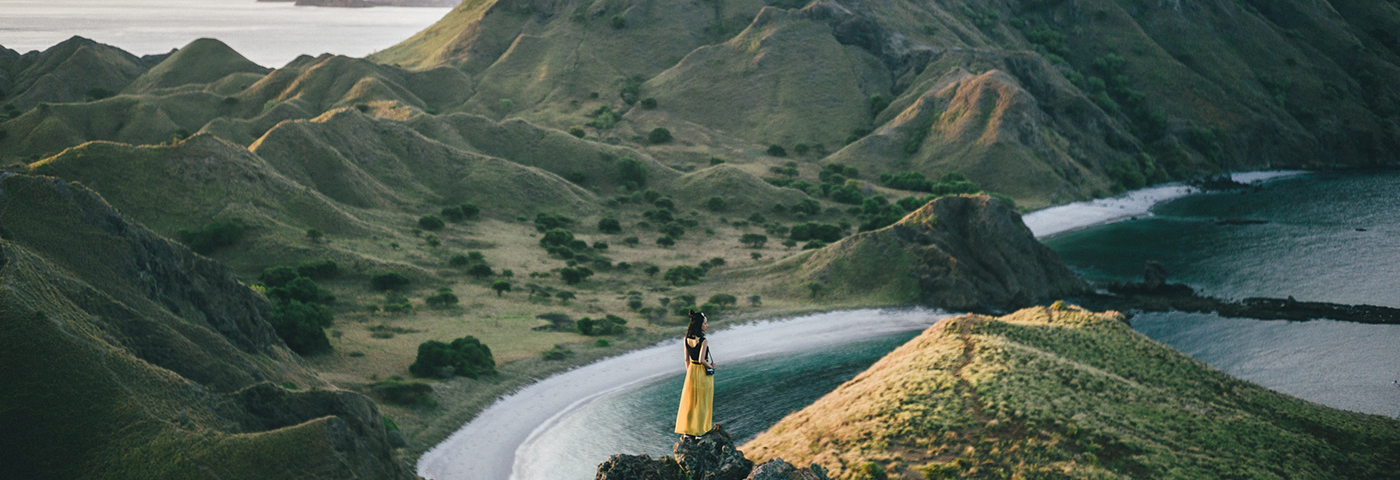
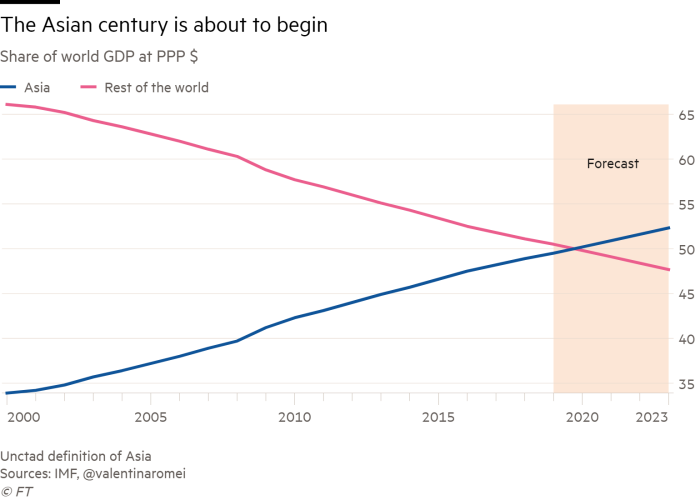
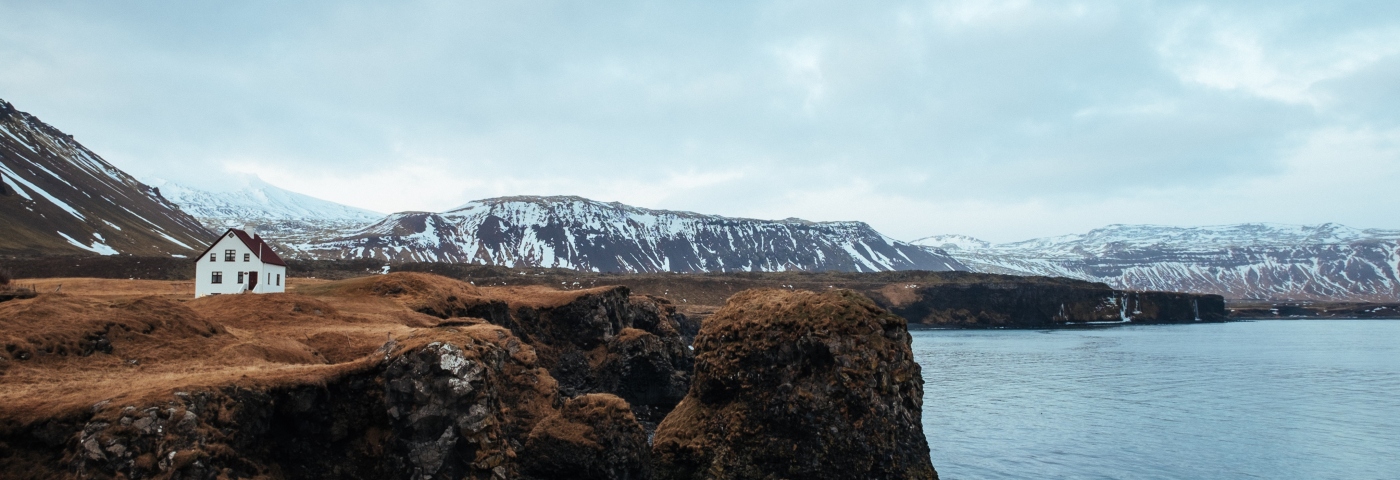

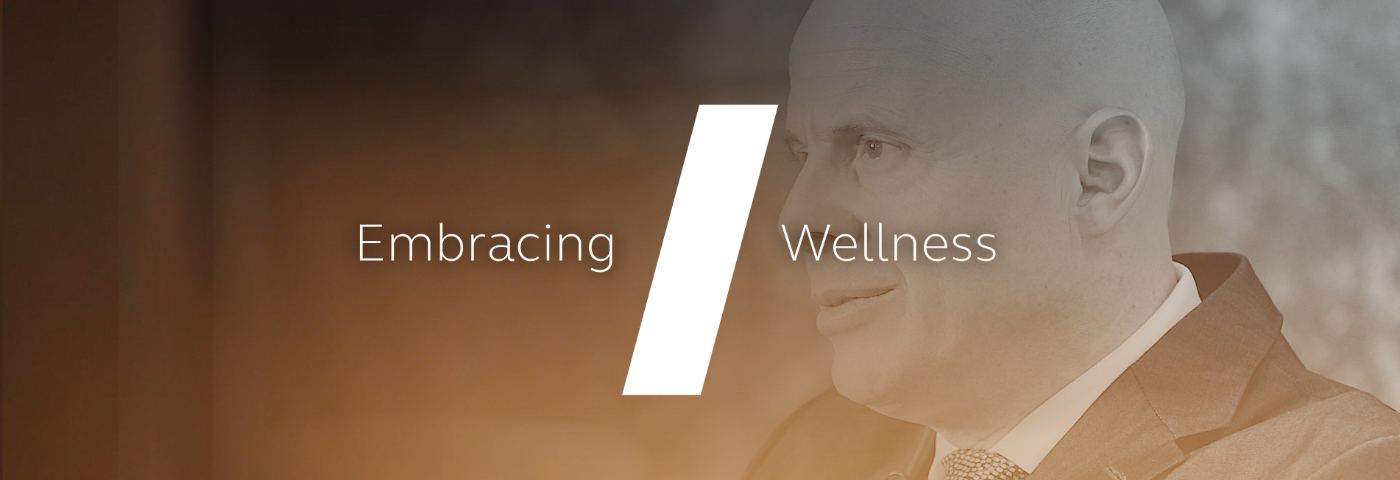

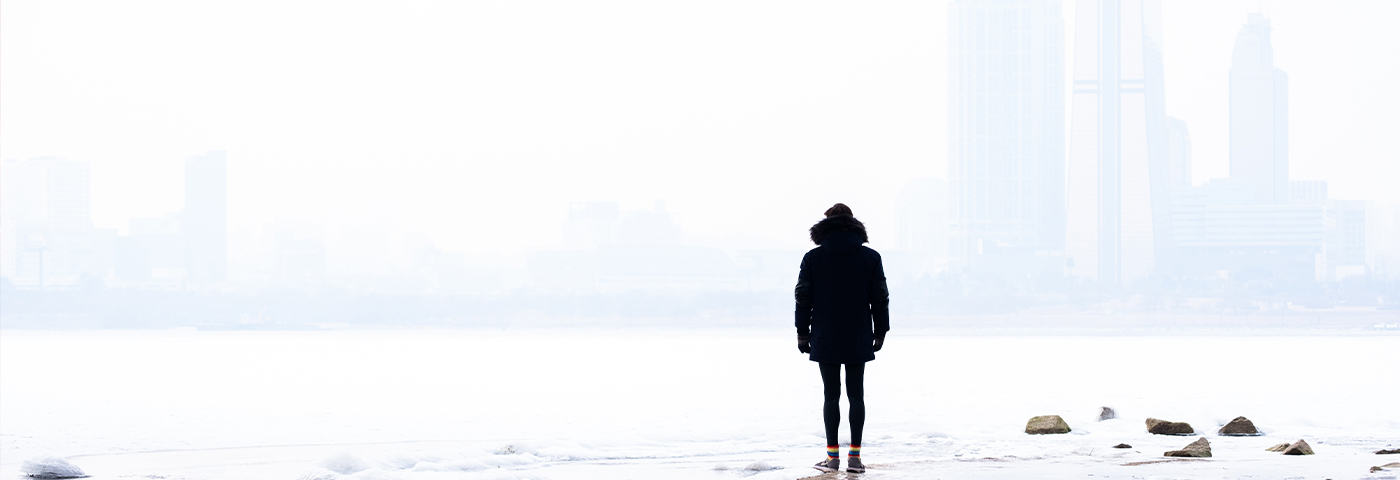
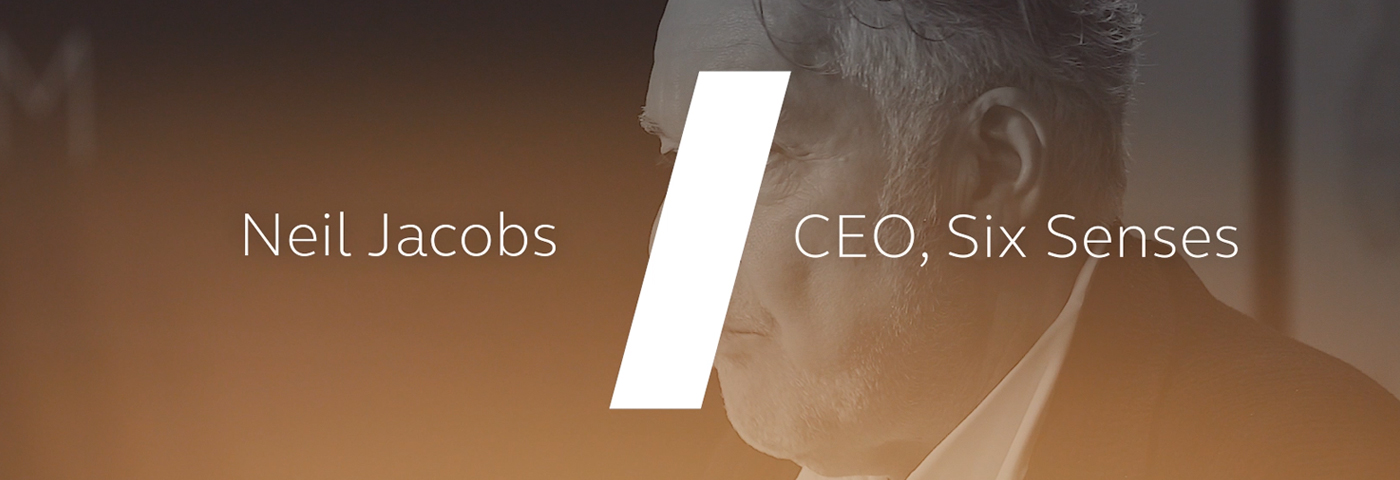
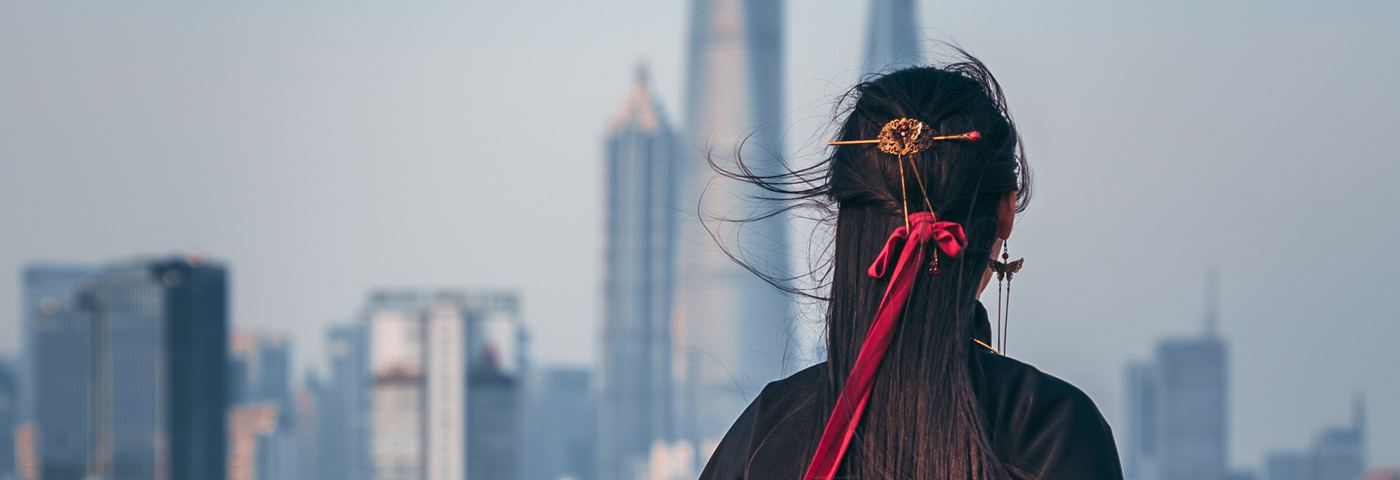
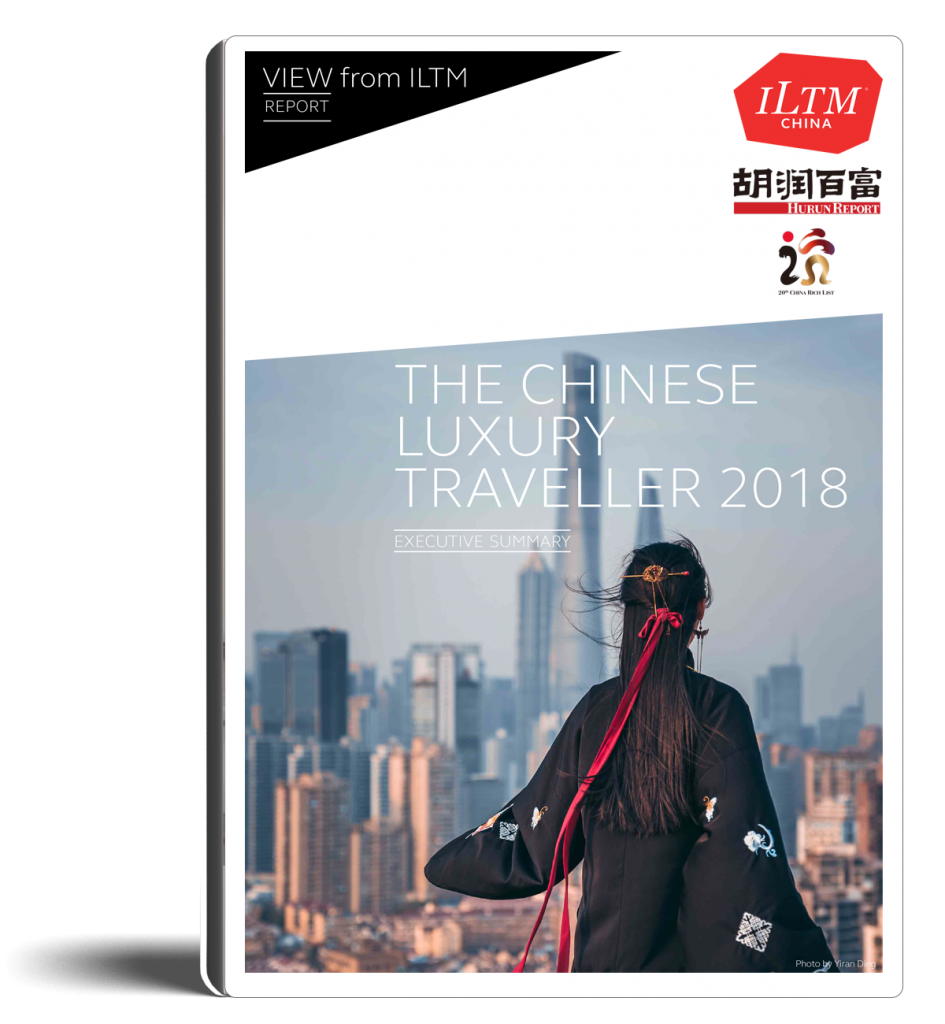
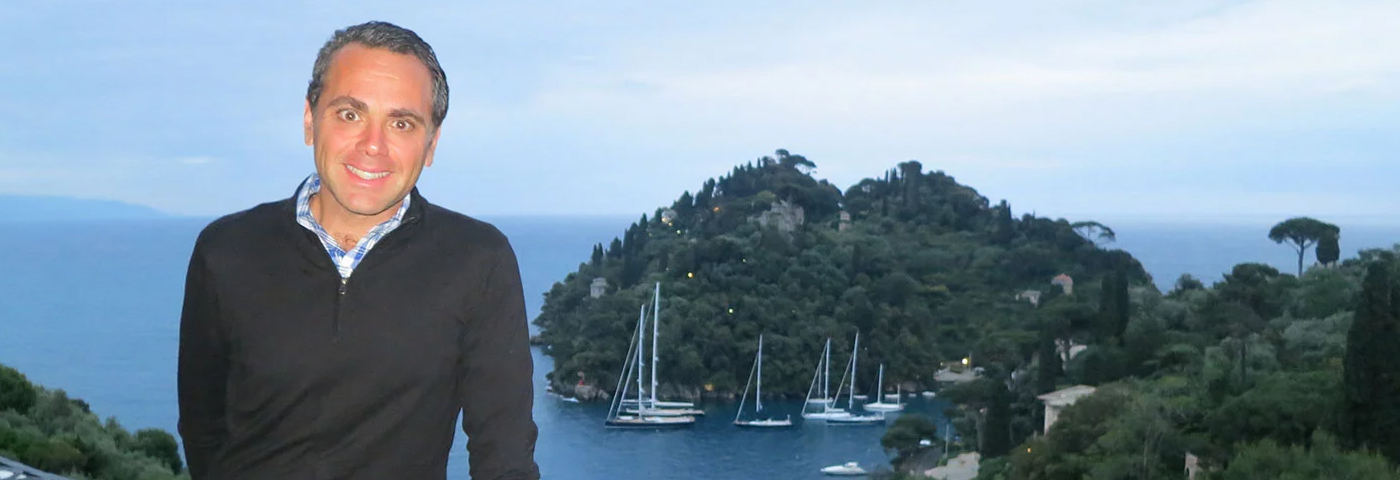

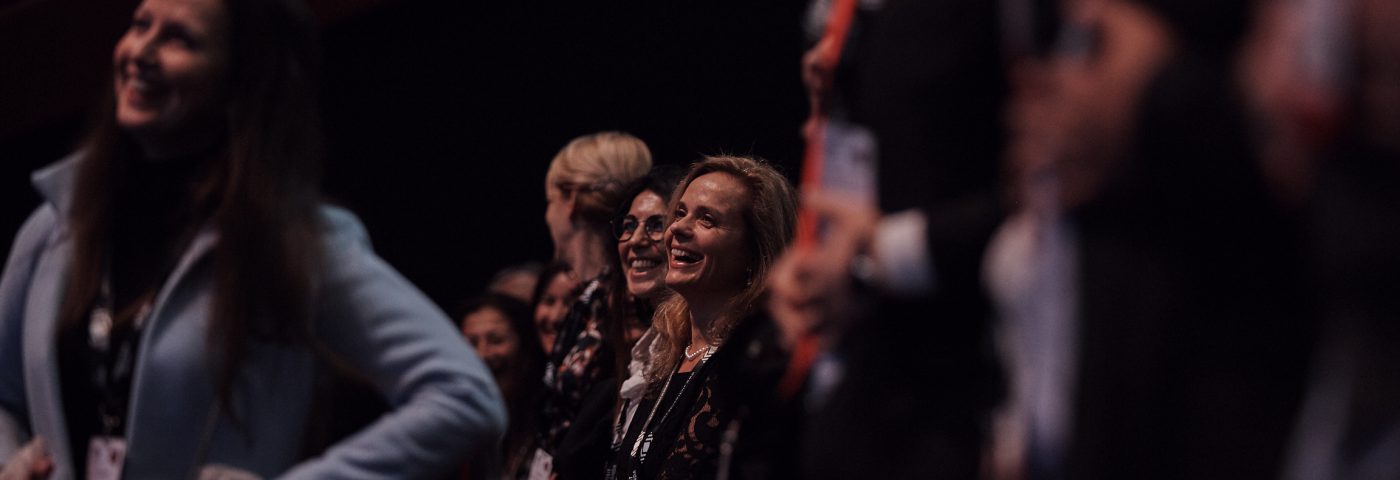
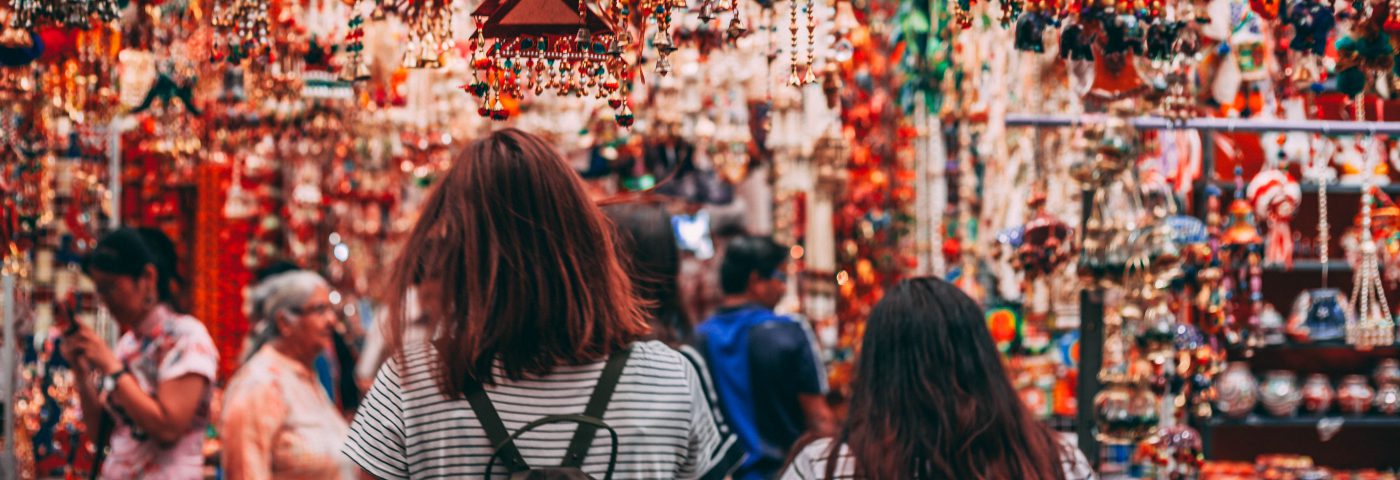
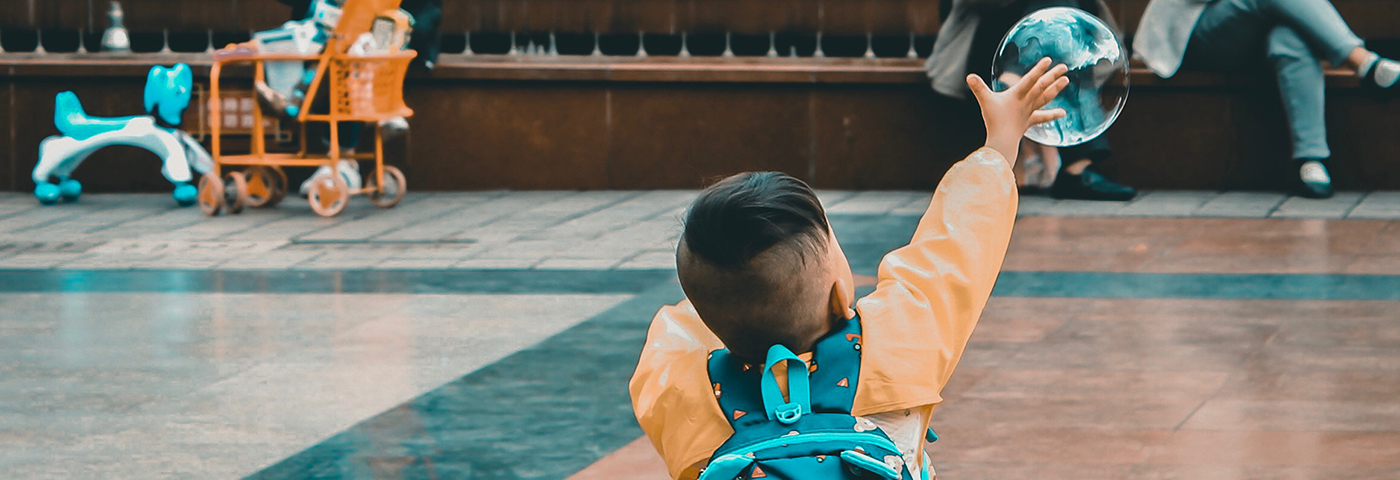
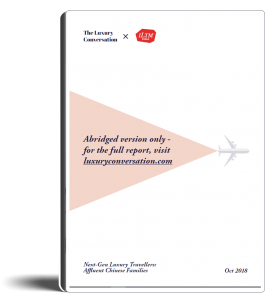
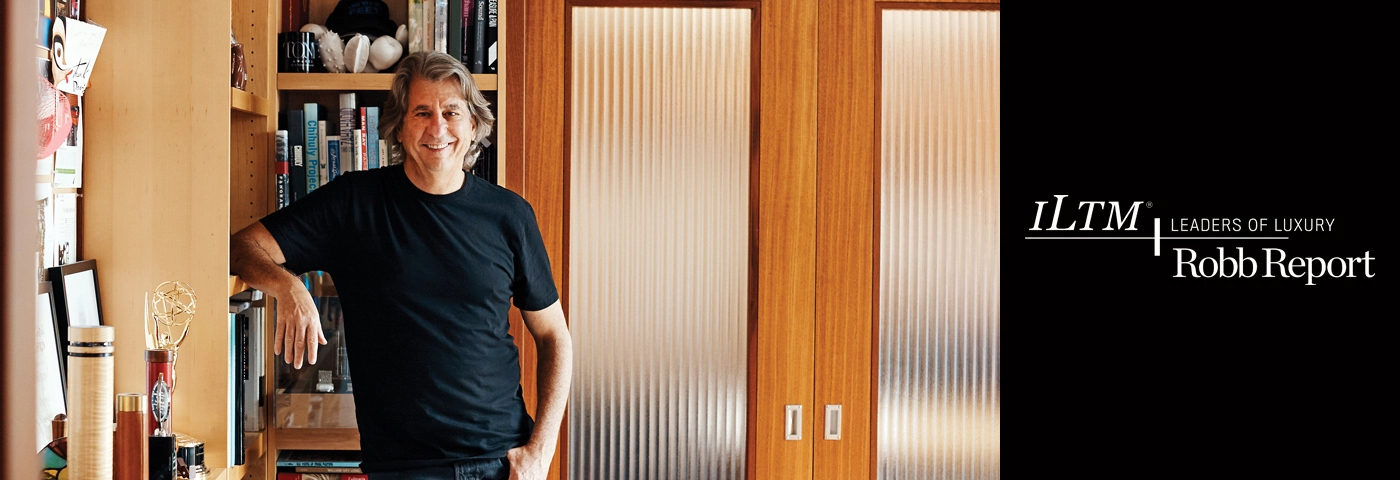
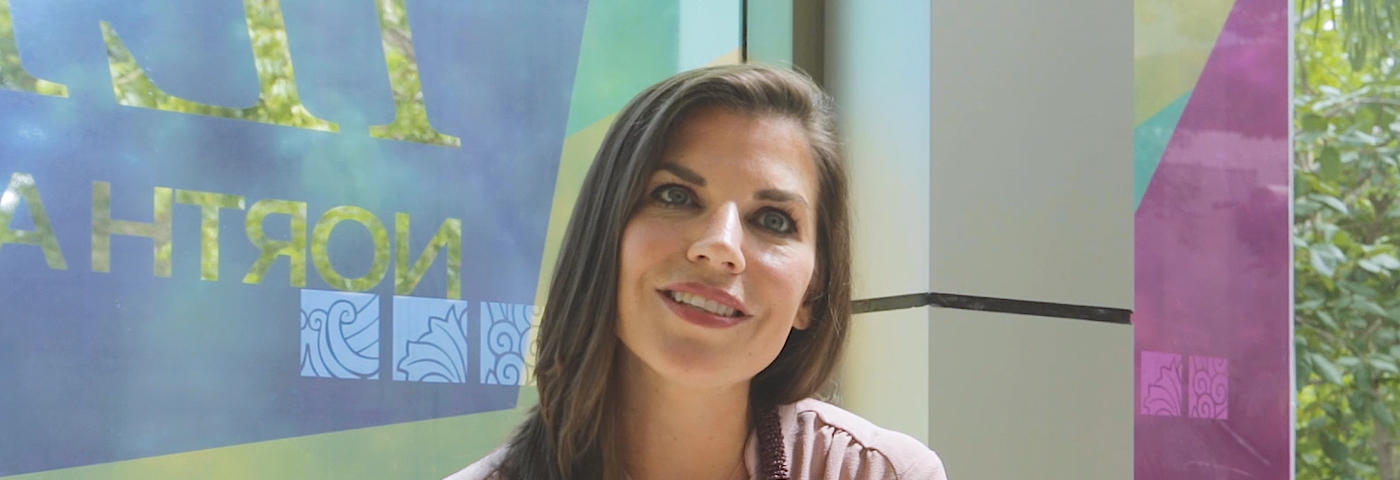
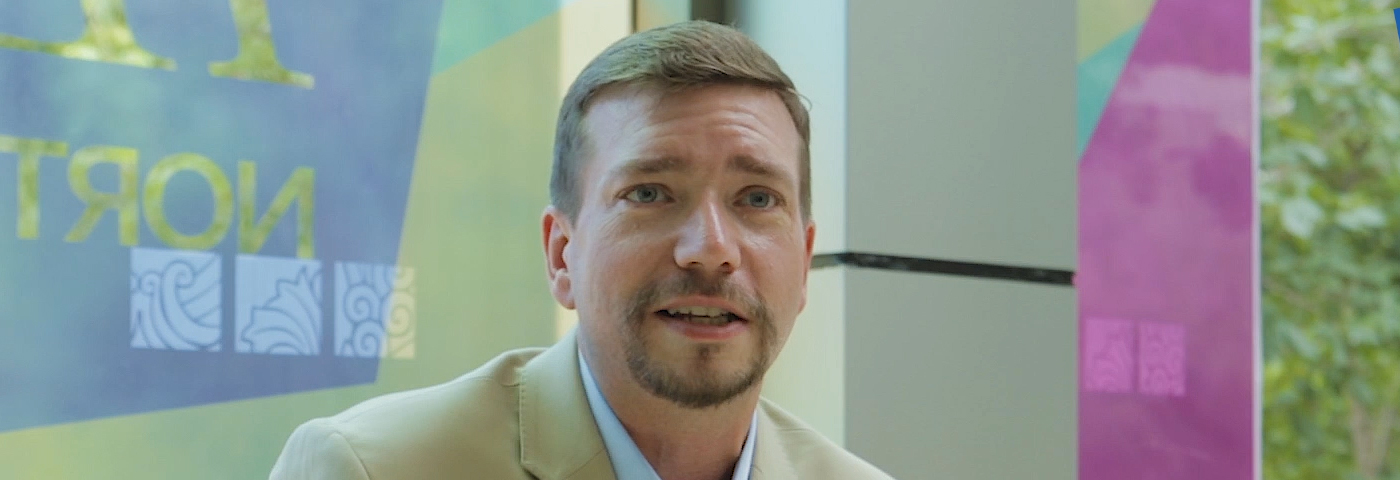
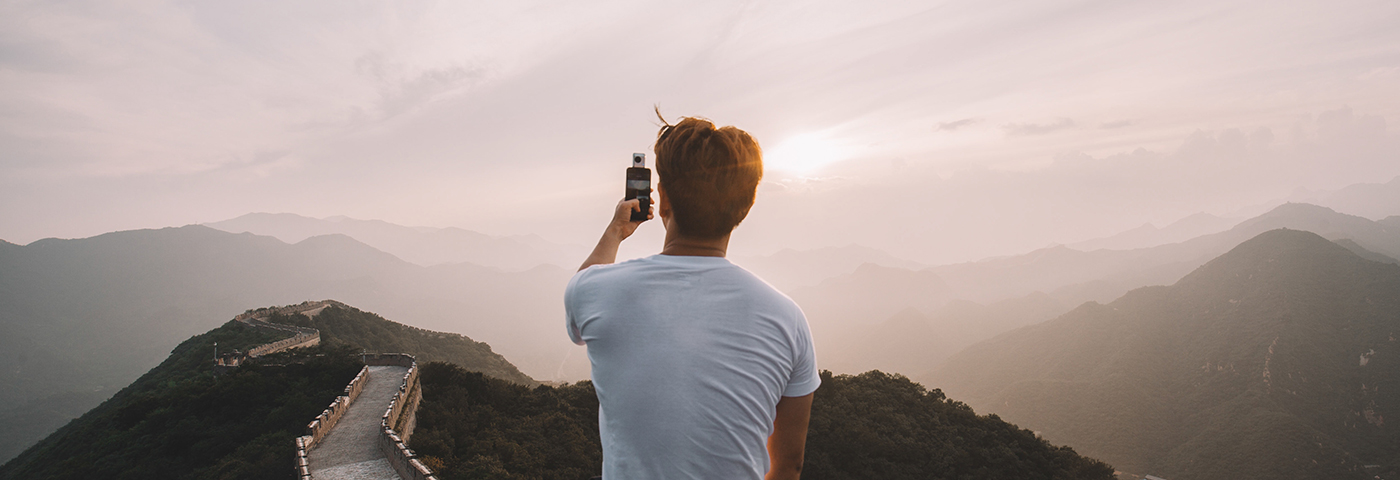
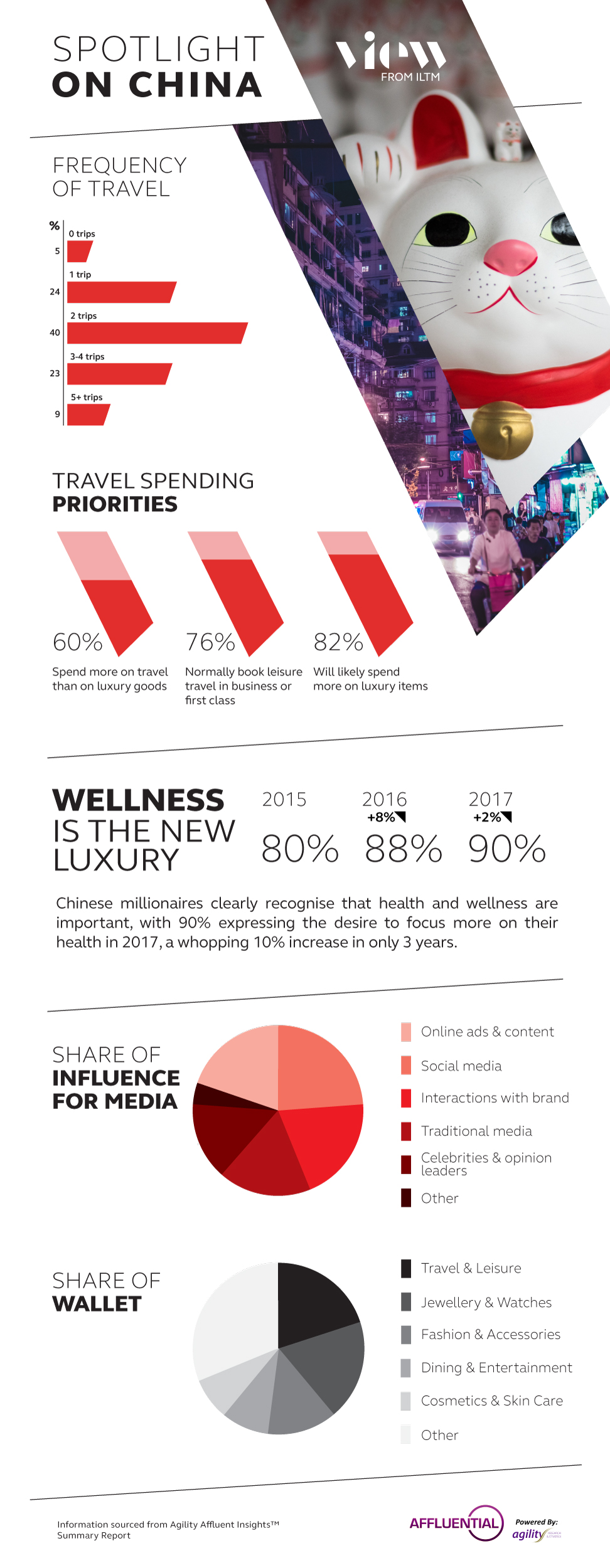
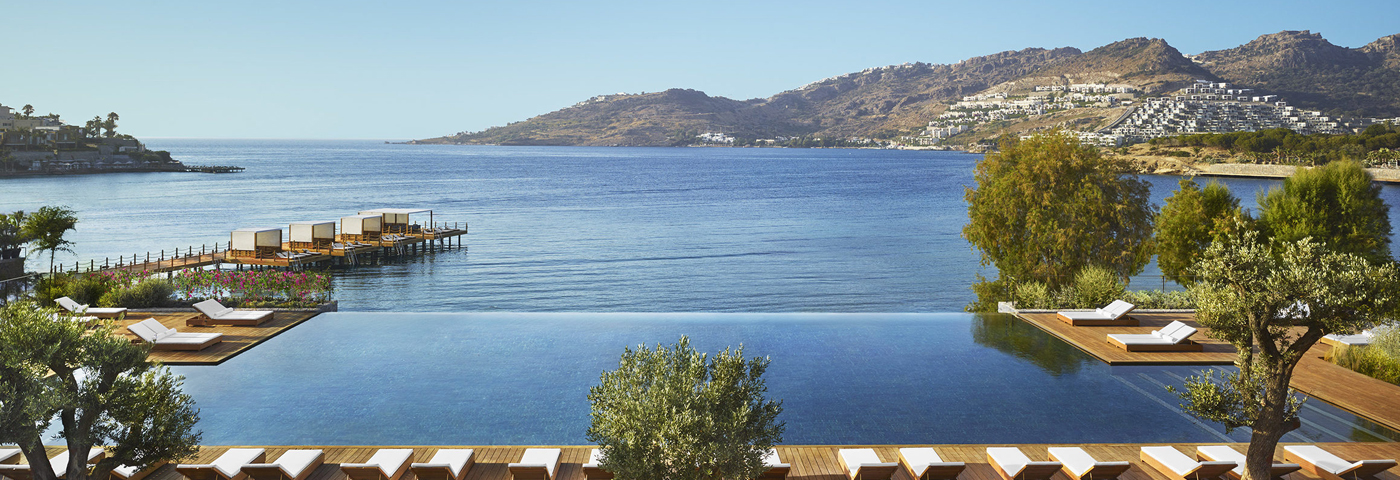
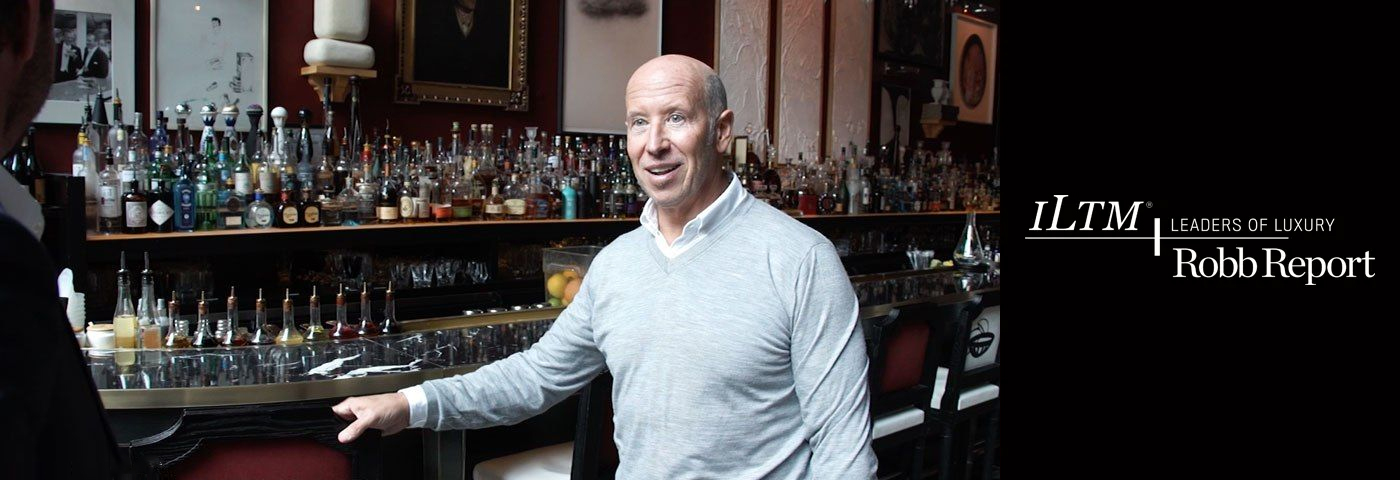
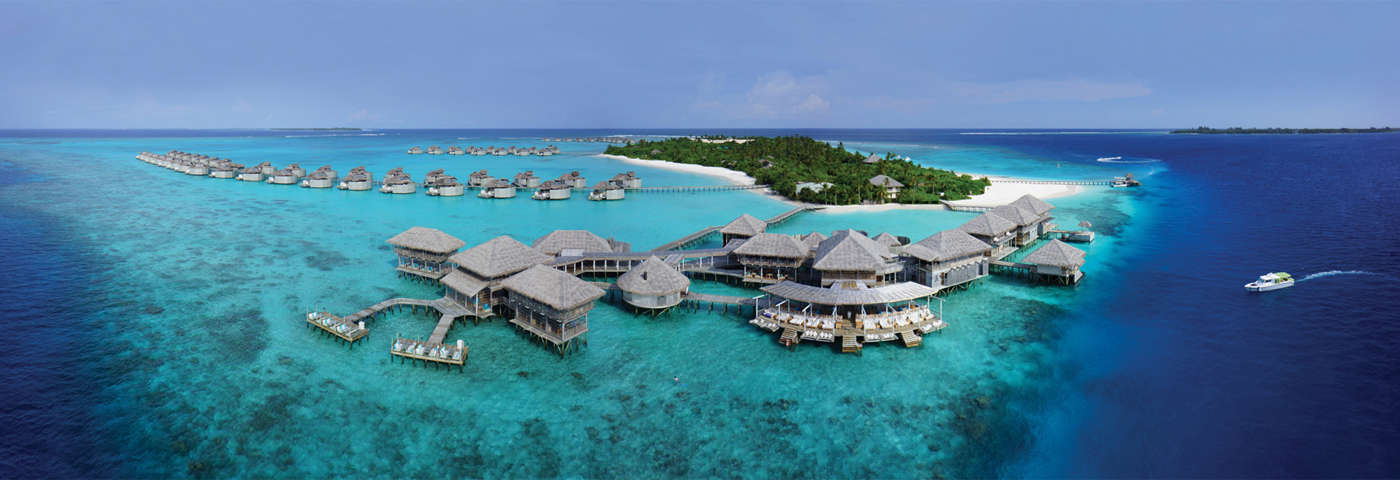
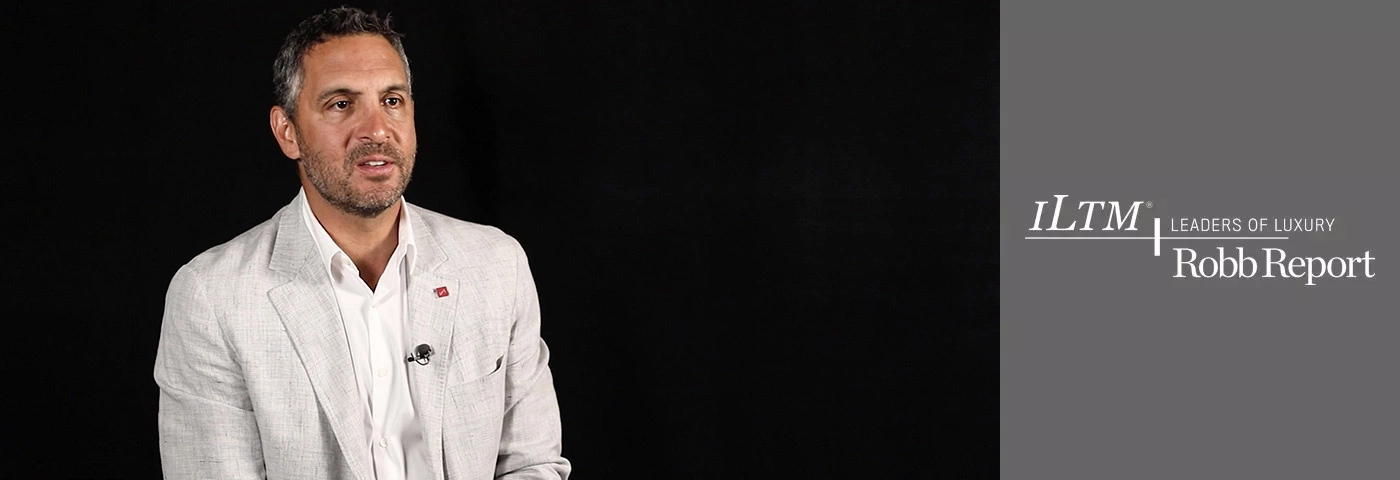
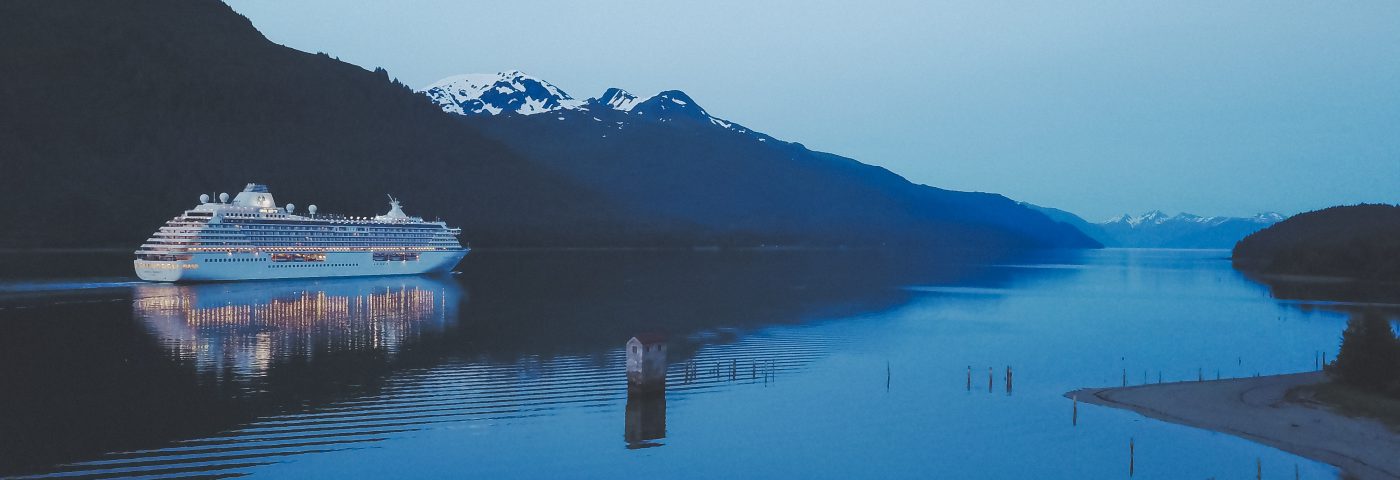
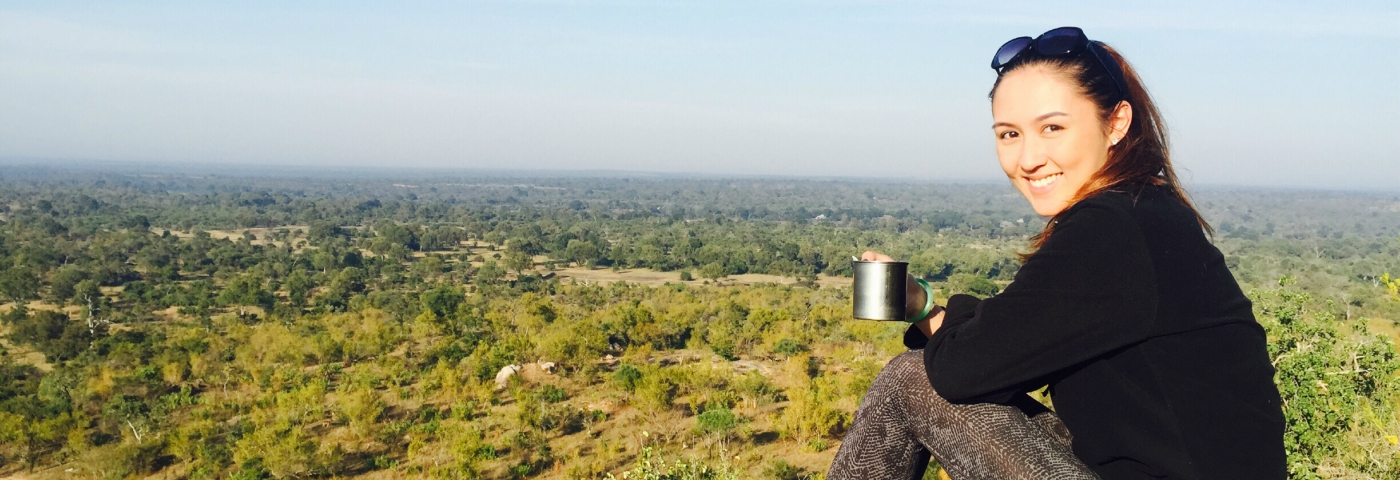
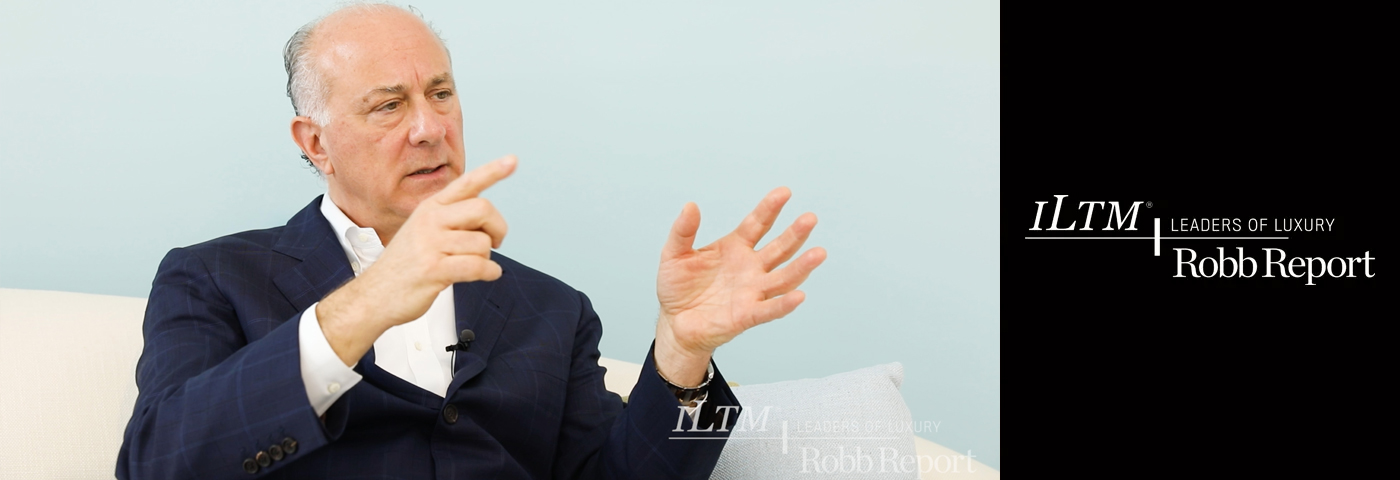
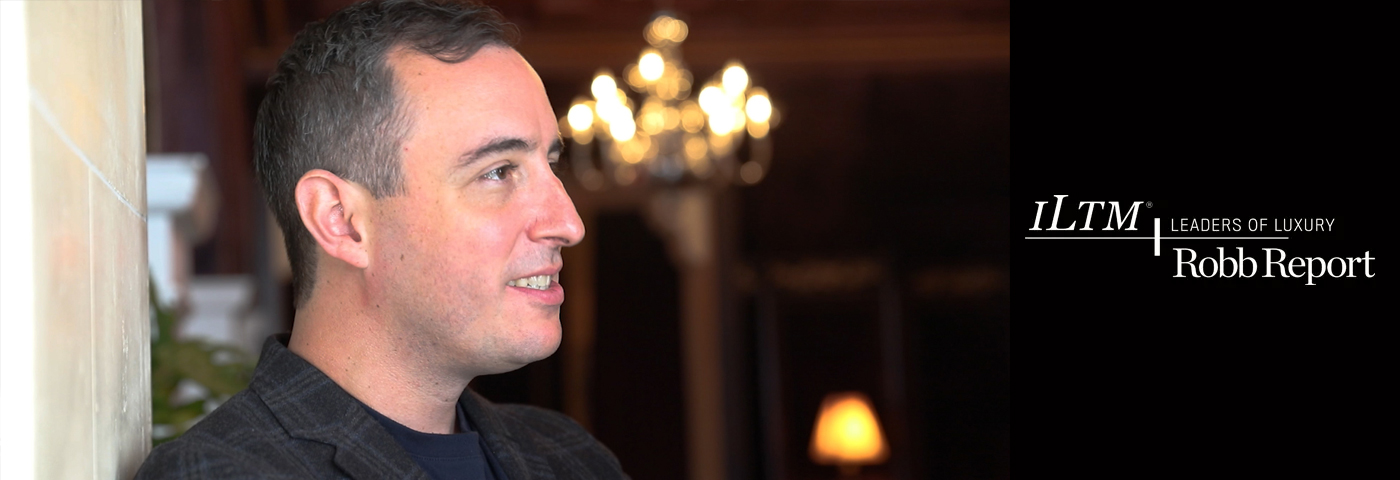
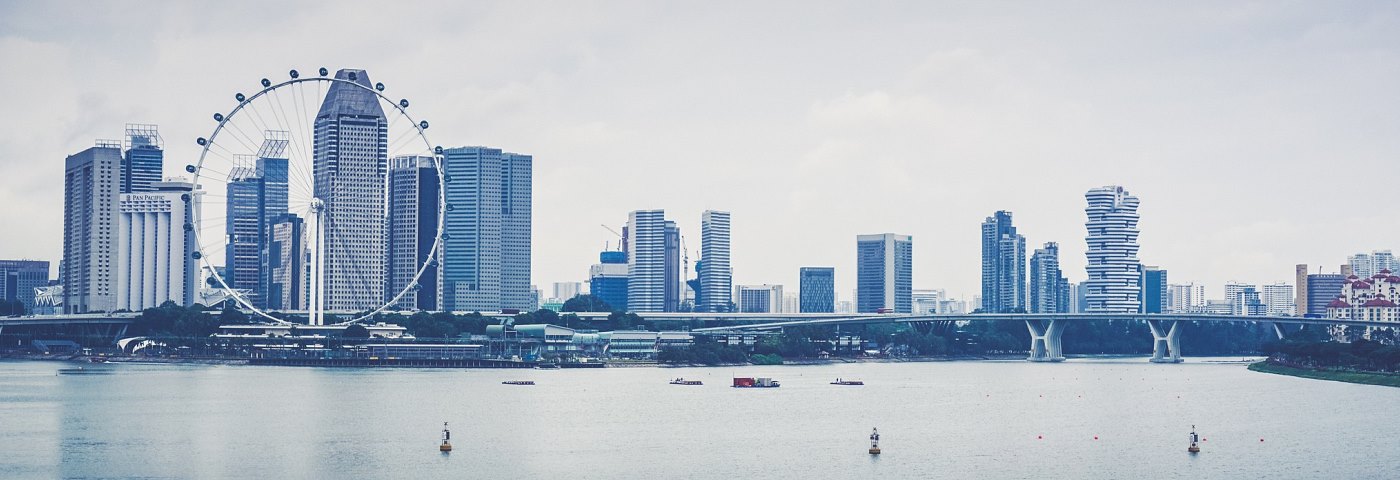
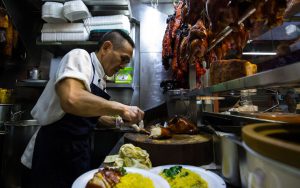 Kick off your foodie adventure at the Chinatown Complex Market & Food Centre, the largest hawker centre in Singapore. With over 200 stalls under one roof, you’ll get a crash course on Singapore’s various cultures through a diverse palate. For world-class Singaporean food, head to Hjh Maimunah and be like a local, enjoying village-style cuisine. The nasi padang (rice with a medley of Malay dishes) served here is one of the best on the island. For something more upmarket, the world’s first Michelin-starred Peranakan restaurant, Candlenut takes a contemporary yet authentic approach to the traditional Straits-Chinese cuisine. Arguably the best Peranakan restaurant in town, Chef Malcolm Lee has elevated his grandmother’s old recipes to Michelin-starred fame.
Kick off your foodie adventure at the Chinatown Complex Market & Food Centre, the largest hawker centre in Singapore. With over 200 stalls under one roof, you’ll get a crash course on Singapore’s various cultures through a diverse palate. For world-class Singaporean food, head to Hjh Maimunah and be like a local, enjoying village-style cuisine. The nasi padang (rice with a medley of Malay dishes) served here is one of the best on the island. For something more upmarket, the world’s first Michelin-starred Peranakan restaurant, Candlenut takes a contemporary yet authentic approach to the traditional Straits-Chinese cuisine. Arguably the best Peranakan restaurant in town, Chef Malcolm Lee has elevated his grandmother’s old recipes to Michelin-starred fame.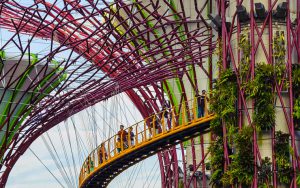
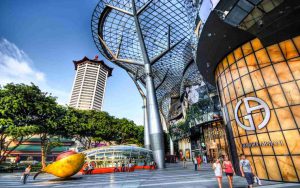 Stroll down Orchard Road, lauded as one of the best places to shop in Singapore. Spanning almost 2.2km, this bustling belt is a must-visit for shopaholics with its huge range of retail, dining and entertainment choices. Since opening in 2010, The Shoppes at Marina Bay Sands has amassed the largest collection of luxury labels under one roof in the region, with more than 170 luxury and premium brands. Explore VivoCity, the largest mall in Singapore. It features a plethora of shopping options as well as stores unique to VivoCity. Expect vast, open-air spaces for waterfront strolls, and find an array of amenities that are more than just shops.
Stroll down Orchard Road, lauded as one of the best places to shop in Singapore. Spanning almost 2.2km, this bustling belt is a must-visit for shopaholics with its huge range of retail, dining and entertainment choices. Since opening in 2010, The Shoppes at Marina Bay Sands has amassed the largest collection of luxury labels under one roof in the region, with more than 170 luxury and premium brands. Explore VivoCity, the largest mall in Singapore. It features a plethora of shopping options as well as stores unique to VivoCity. Expect vast, open-air spaces for waterfront strolls, and find an array of amenities that are more than just shops.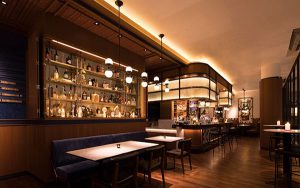 Set on Singapore’s vibrant Robertson Quay, The Warehouse Hotel Lobby Bar is a swish boutique serving craft cocktails reflecting the three eras of the property’s past; a spice trade warehouse, an illegal distillery and a warehouse disco. Nearby, Marcello at the InterContinental Robertson Quay is Singapore’s first modern Italian cocktail bar, inspired by the early to mid-20th century. An institution in the making, Marcello houses the largest selection of Amari in Southeast Asia. Located on Andaz’s 39th floor is the rooftop bar, Mr Stork. Catch stunning, panoramic views of the Singapore skyline while relaxing in the tepee huts amidst lush greenery.
Set on Singapore’s vibrant Robertson Quay, The Warehouse Hotel Lobby Bar is a swish boutique serving craft cocktails reflecting the three eras of the property’s past; a spice trade warehouse, an illegal distillery and a warehouse disco. Nearby, Marcello at the InterContinental Robertson Quay is Singapore’s first modern Italian cocktail bar, inspired by the early to mid-20th century. An institution in the making, Marcello houses the largest selection of Amari in Southeast Asia. Located on Andaz’s 39th floor is the rooftop bar, Mr Stork. Catch stunning, panoramic views of the Singapore skyline while relaxing in the tepee huts amidst lush greenery. Southeast Asia’s first Hollywood movie theme park, Universal Studios Singapore™, features an enticing selection of attractions, rides and entertainment for families and thrill seekers. 18 out of the 24 movie-themed rides here were designed just for the Singapore Park. Not for those with a fear of heights, the Mega Adventure Park at Sentosa is all zip-lines and high-element activities. The main attraction at the park is the Mega Zip itself, a 450m zip-line. At Ultimate Drive, you can jump in a Ferrari F430 Spider or Lamborghini Gallardo Spyder and experience the thrill of driving on the official FORMULA ONE Marina Bay Street Circuit.
Southeast Asia’s first Hollywood movie theme park, Universal Studios Singapore™, features an enticing selection of attractions, rides and entertainment for families and thrill seekers. 18 out of the 24 movie-themed rides here were designed just for the Singapore Park. Not for those with a fear of heights, the Mega Adventure Park at Sentosa is all zip-lines and high-element activities. The main attraction at the park is the Mega Zip itself, a 450m zip-line. At Ultimate Drive, you can jump in a Ferrari F430 Spider or Lamborghini Gallardo Spyder and experience the thrill of driving on the official FORMULA ONE Marina Bay Street Circuit.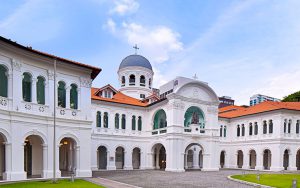 Doubling as a 19th-century nation monument, the Singapore Art Museum has built up one of the most important collections of contemporary art from the region. Little India is one of Singapore’s most vibrant districts. As you walk down Serangoon Road and neighbouring streets, explore their mix of temples, delicious food and unique shops. With its massive golden domes and huge prayer hall, Sultan Mosque is well worth the visit. Masjid Sultan, as it is also known, is a prominent mosque located in historic Kampong Glam and is one of the country’s most impressive religious buildings.
Doubling as a 19th-century nation monument, the Singapore Art Museum has built up one of the most important collections of contemporary art from the region. Little India is one of Singapore’s most vibrant districts. As you walk down Serangoon Road and neighbouring streets, explore their mix of temples, delicious food and unique shops. With its massive golden domes and huge prayer hall, Sultan Mosque is well worth the visit. Masjid Sultan, as it is also known, is a prominent mosque located in historic Kampong Glam and is one of the country’s most impressive religious buildings.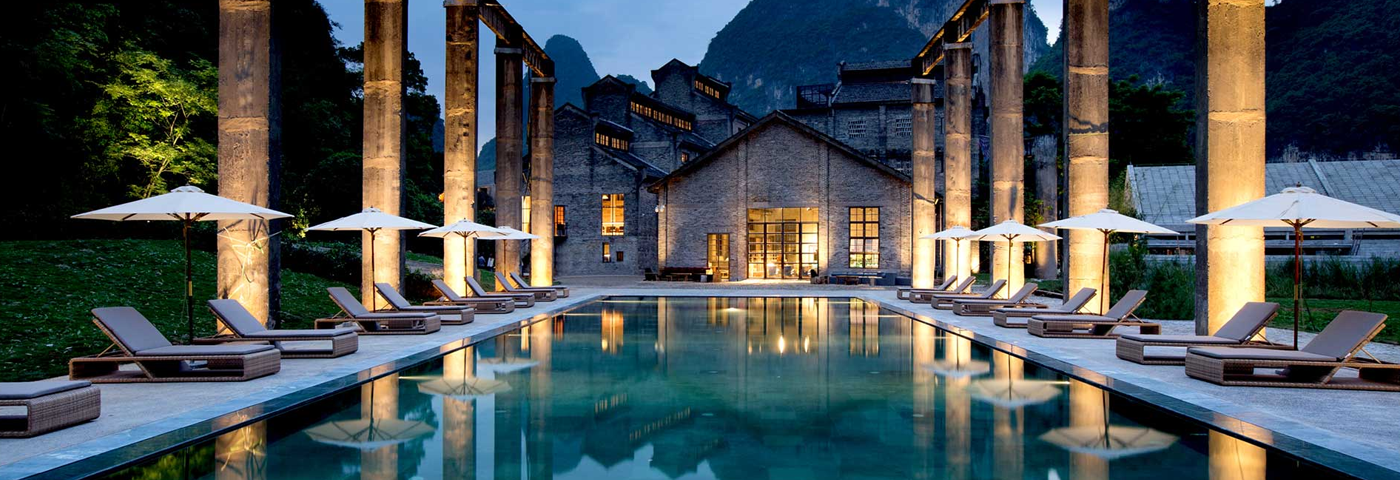
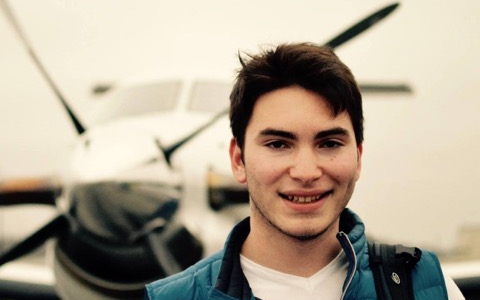

 “If a property or destination has great environmental practices, this is something that clients will use to validate a decision to stay somewhere, after they’ve already decided, rather than it be a driving factor in their decision making.”
“If a property or destination has great environmental practices, this is something that clients will use to validate a decision to stay somewhere, after they’ve already decided, rather than it be a driving factor in their decision making.” “What started as a movement of individuals has evolved into an awareness by the travel industry. The industry itself is now leading the education of many in terms of sustainability.”
“What started as a movement of individuals has evolved into an awareness by the travel industry. The industry itself is now leading the education of many in terms of sustainability.” “The impact tourism has had on our environment can’t be ignored. As the global population increases it’s getting worse; however, travel innovators are addressing the issue. In areas where conservation and sustainability is priority, both financial and societal resources are gaining speed, as seen in Africa with wildlife and landscape conservation. Conversely, in Bangladesh and India—areas of dense population and pollution—it’s challenging to even grasp where to start.”
“The impact tourism has had on our environment can’t be ignored. As the global population increases it’s getting worse; however, travel innovators are addressing the issue. In areas where conservation and sustainability is priority, both financial and societal resources are gaining speed, as seen in Africa with wildlife and landscape conservation. Conversely, in Bangladesh and India—areas of dense population and pollution—it’s challenging to even grasp where to start.” “I believe we all want to be and are in support of helping our local communities and world resources. However, I have not personally felt that this is a primary area that comes up in questioning or is spoken about when making a decision. I feel that there are many that are more socially aware, and perhaps it is our part as advisors to help be advocates as this is the future of our planet. I think most clients are pleased to see this once they are there but do not seek this out.”
“I believe we all want to be and are in support of helping our local communities and world resources. However, I have not personally felt that this is a primary area that comes up in questioning or is spoken about when making a decision. I feel that there are many that are more socially aware, and perhaps it is our part as advisors to help be advocates as this is the future of our planet. I think most clients are pleased to see this once they are there but do not seek this out.” “Truthfully, for personal vacation travel, people are going to go where they most desire, in the best manner possible, and spend their money where they want. While most may be socially aware and ecologically minded, it does not always play into how some spend their dollars on vacation, especially for experienced travellers. They want the companies they stay with to all be as eco-friendly as possible as an expectation of being a good corporate, global citizen. However, their experience shouldn’t feel less luxe just to be green.”
“Truthfully, for personal vacation travel, people are going to go where they most desire, in the best manner possible, and spend their money where they want. While most may be socially aware and ecologically minded, it does not always play into how some spend their dollars on vacation, especially for experienced travellers. They want the companies they stay with to all be as eco-friendly as possible as an expectation of being a good corporate, global citizen. However, their experience shouldn’t feel less luxe just to be green.” “The older generations tend not to think about it so much, regardless of their political affiliations. And because of that, you don’t feel high-end luxury leading the charge on sustainability. At lifestyle hotels that cater to Millennials, you feel it everywhere – from the type of take-away plates and items they provide, to the plastic water bottles replaced by reusable bottles and filling stations… I think more travellers would actually like to give their time philanthropically when they travel – beach clean-up or building houses etc., they just don’t know where to find those offerings.”
“The older generations tend not to think about it so much, regardless of their political affiliations. And because of that, you don’t feel high-end luxury leading the charge on sustainability. At lifestyle hotels that cater to Millennials, you feel it everywhere – from the type of take-away plates and items they provide, to the plastic water bottles replaced by reusable bottles and filling stations… I think more travellers would actually like to give their time philanthropically when they travel – beach clean-up or building houses etc., they just don’t know where to find those offerings.” “Millennials are more typically aware of the environment and sustainability. The new
“Millennials are more typically aware of the environment and sustainability. The new  “Luxury resorts are paying more attention. For example,
“Luxury resorts are paying more attention. For example, 
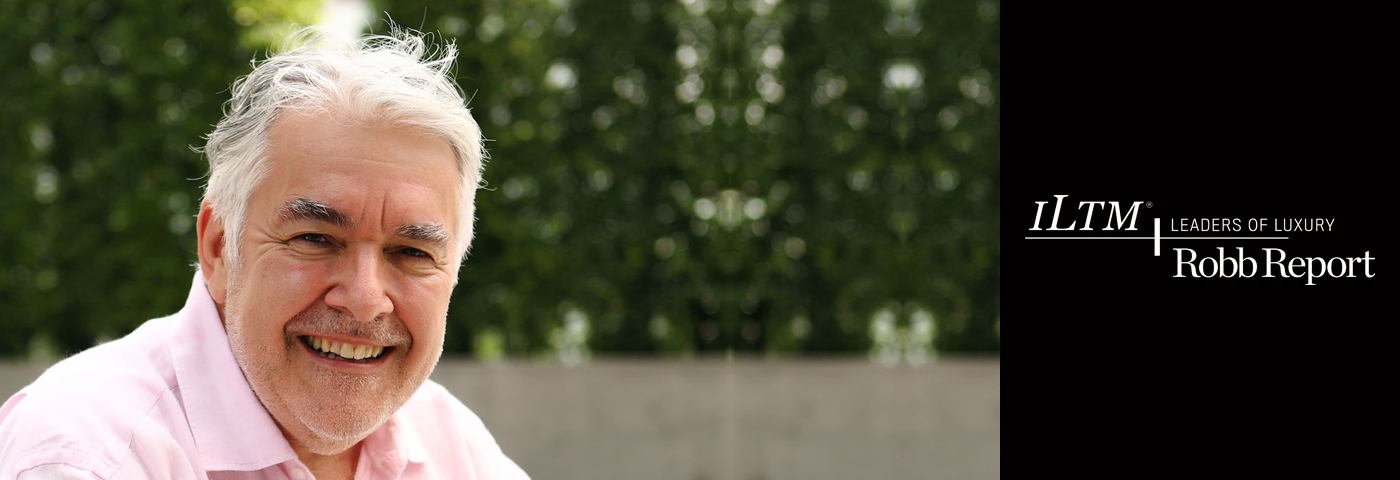
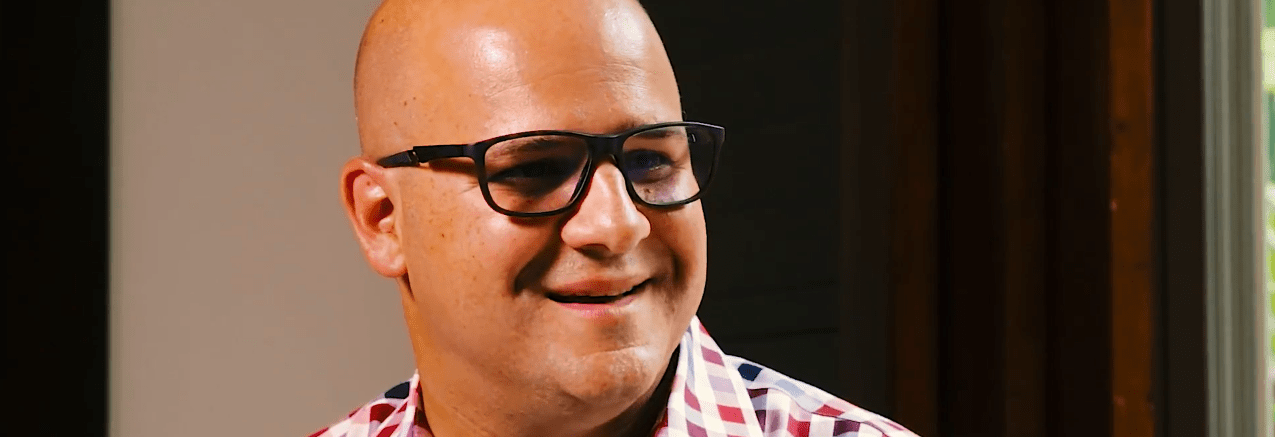

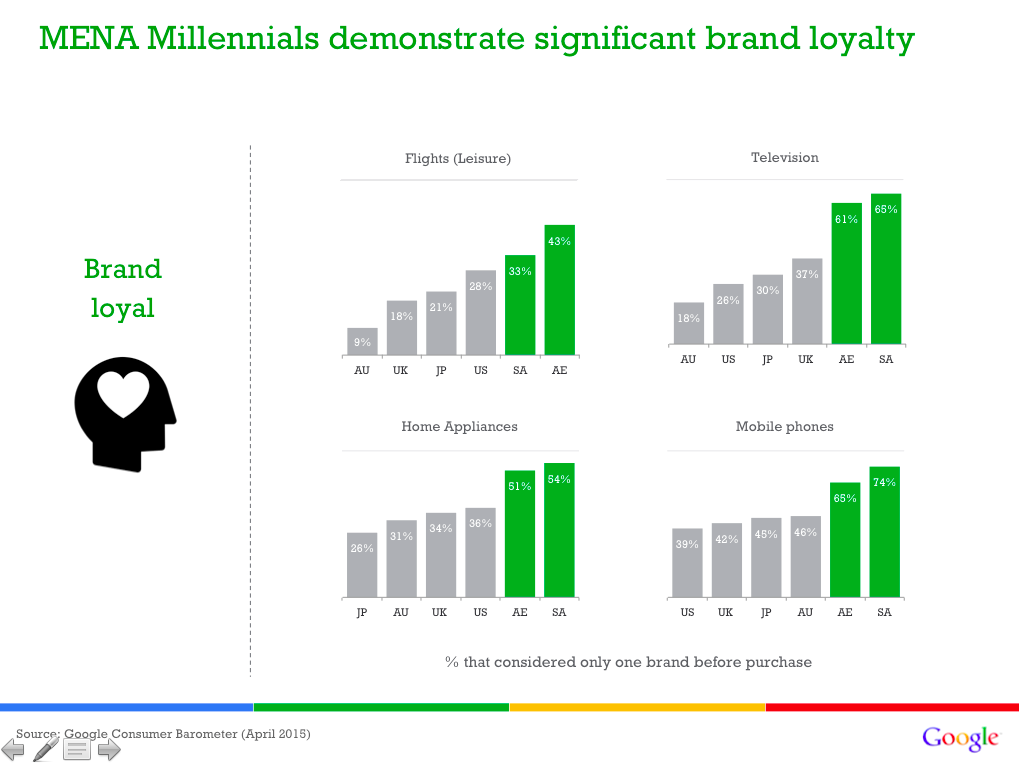
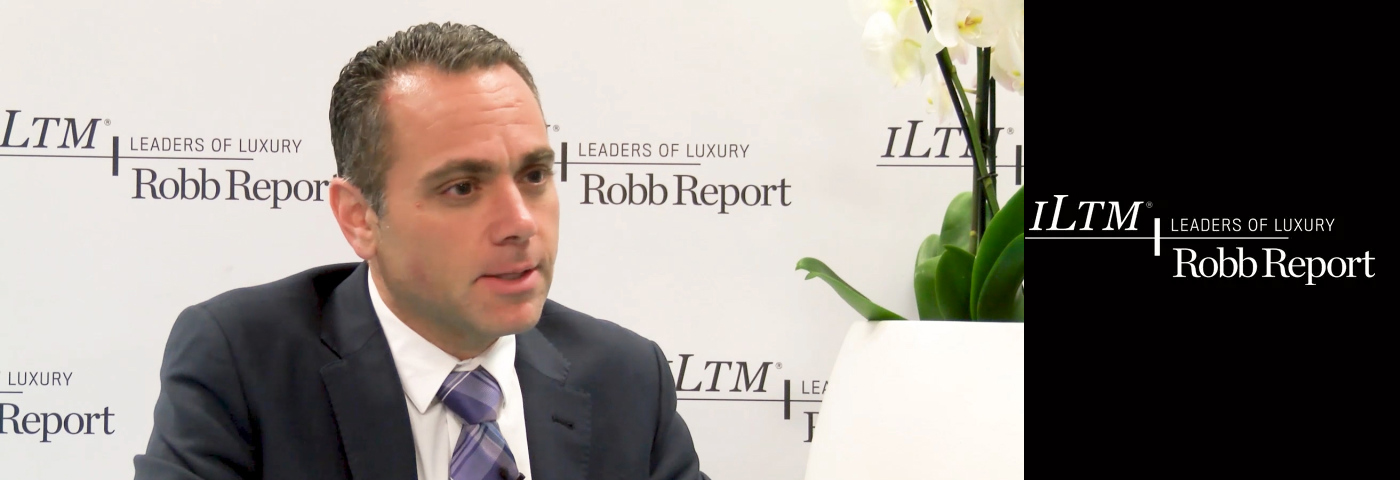
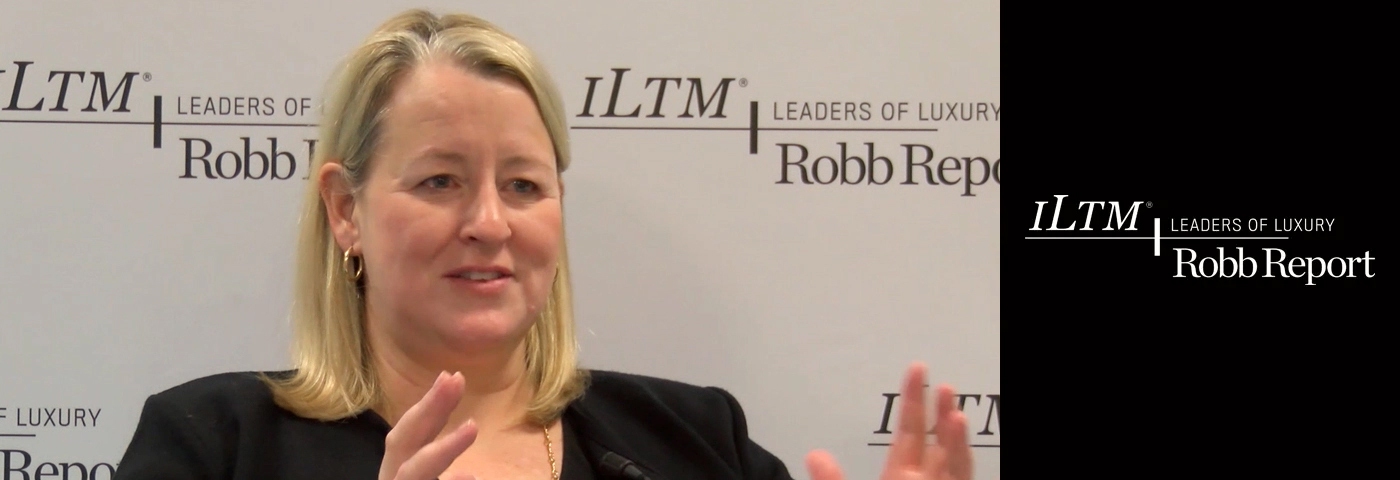
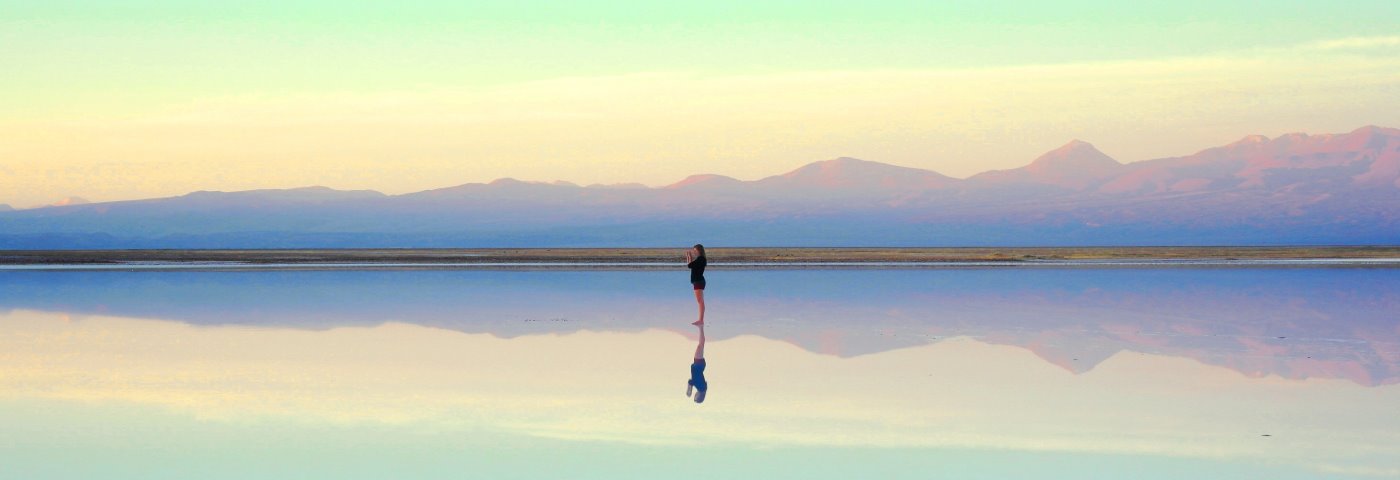
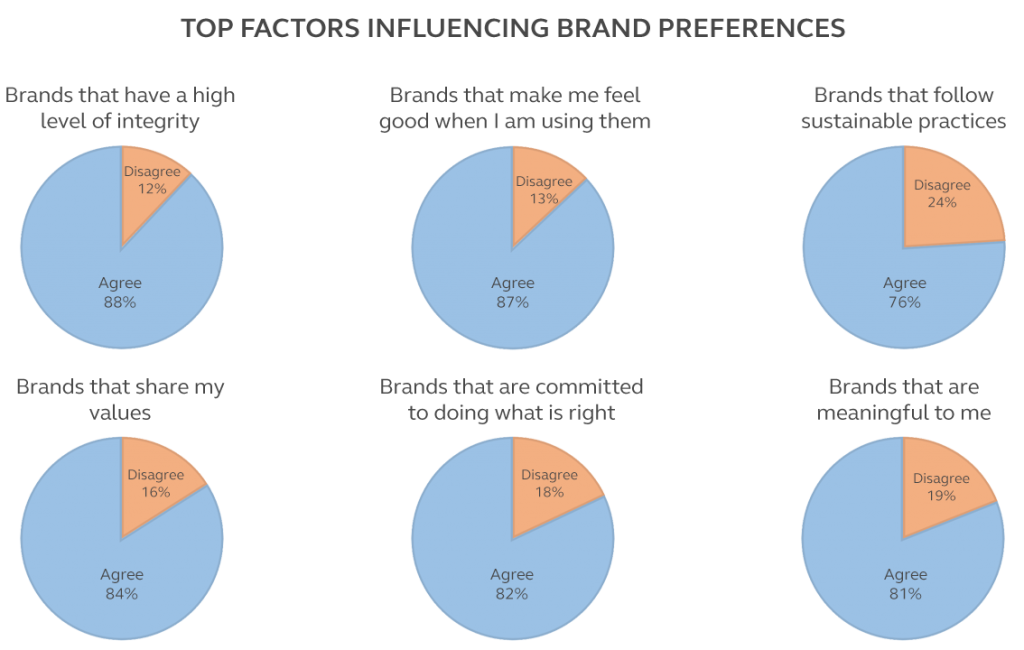
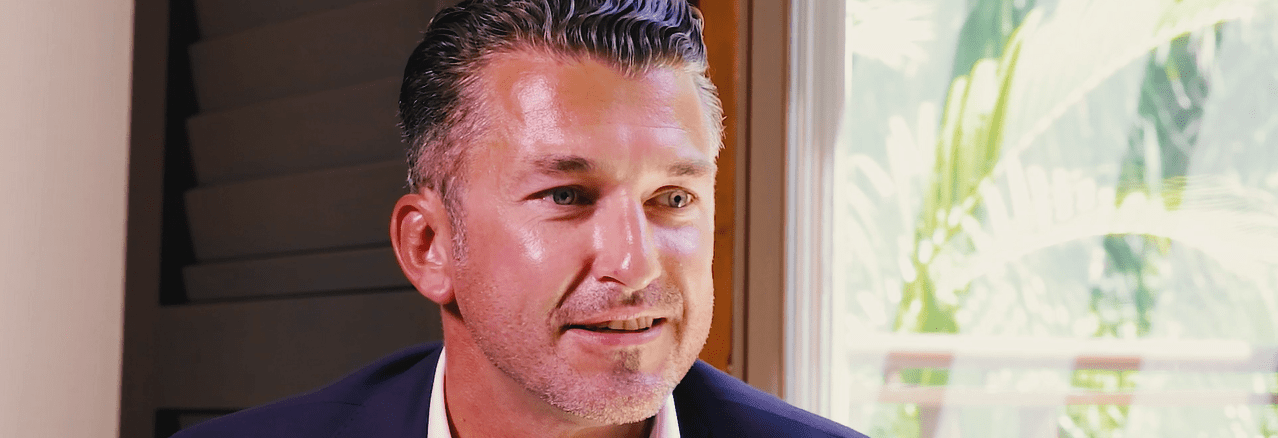
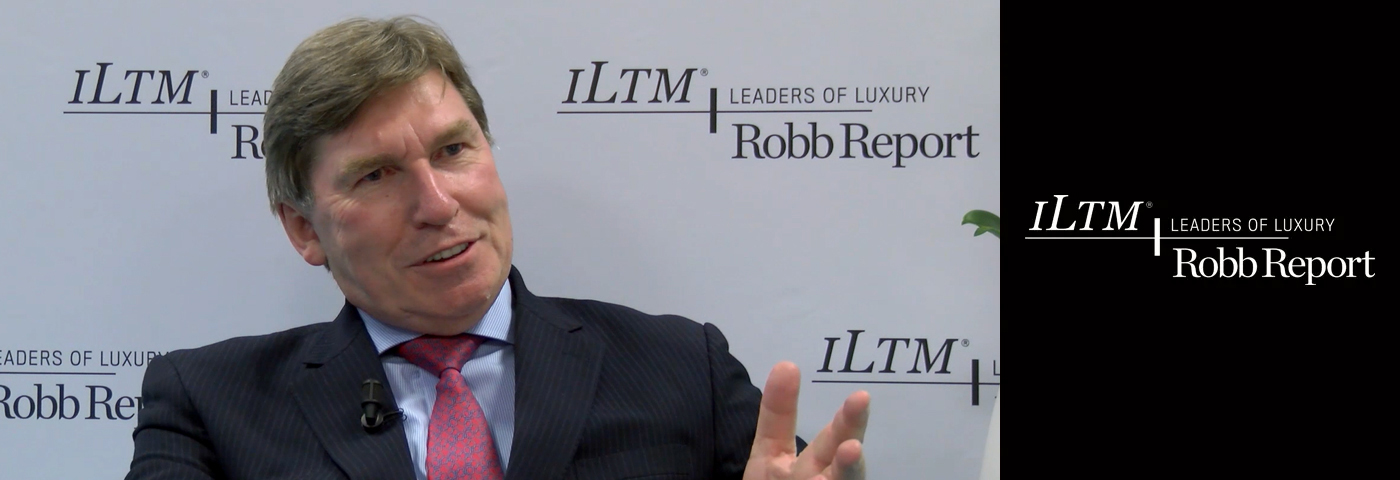
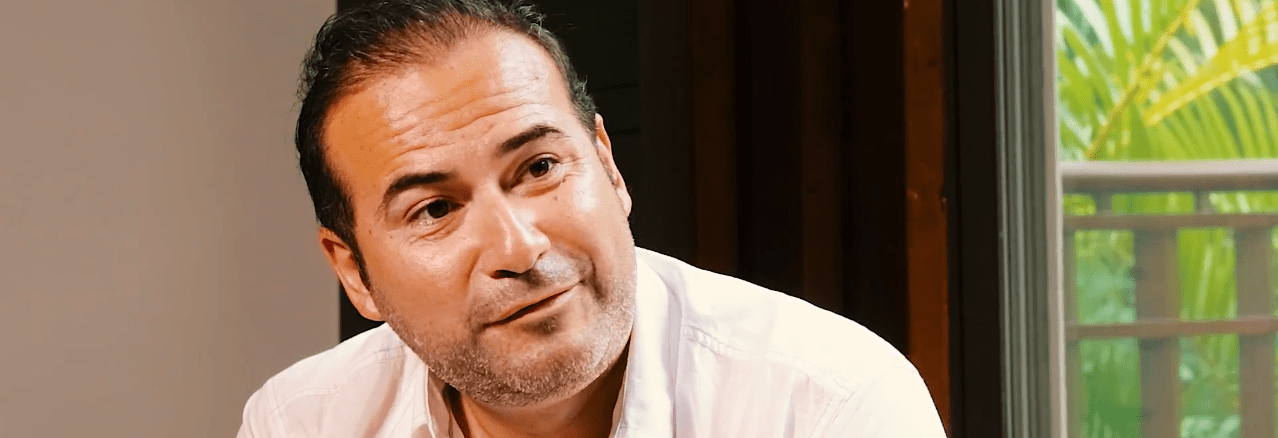

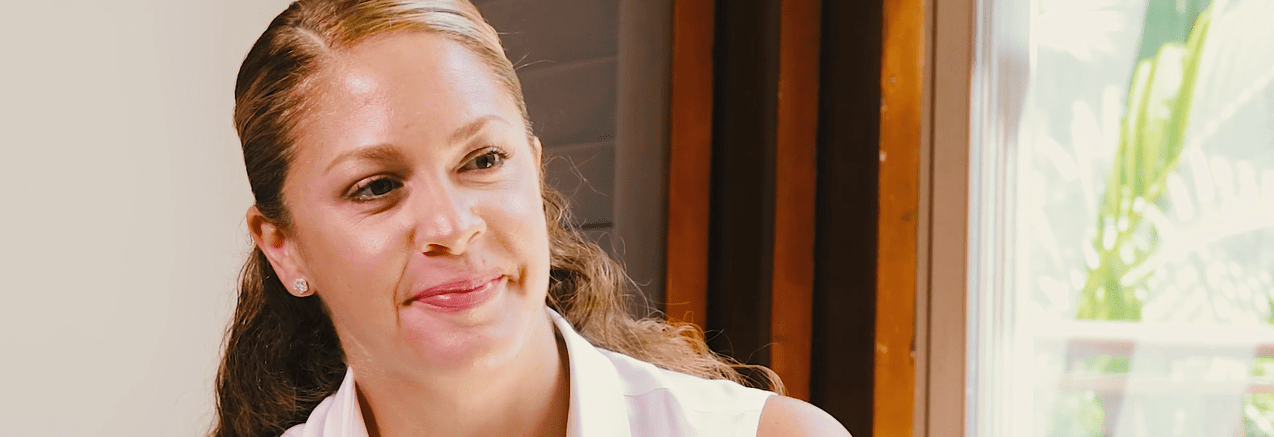
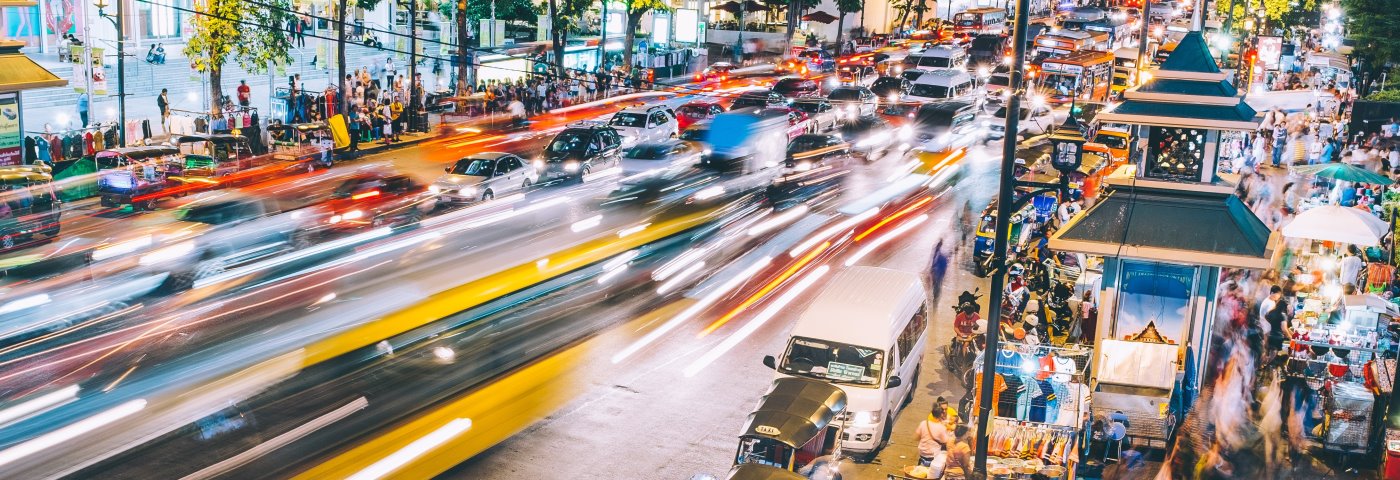
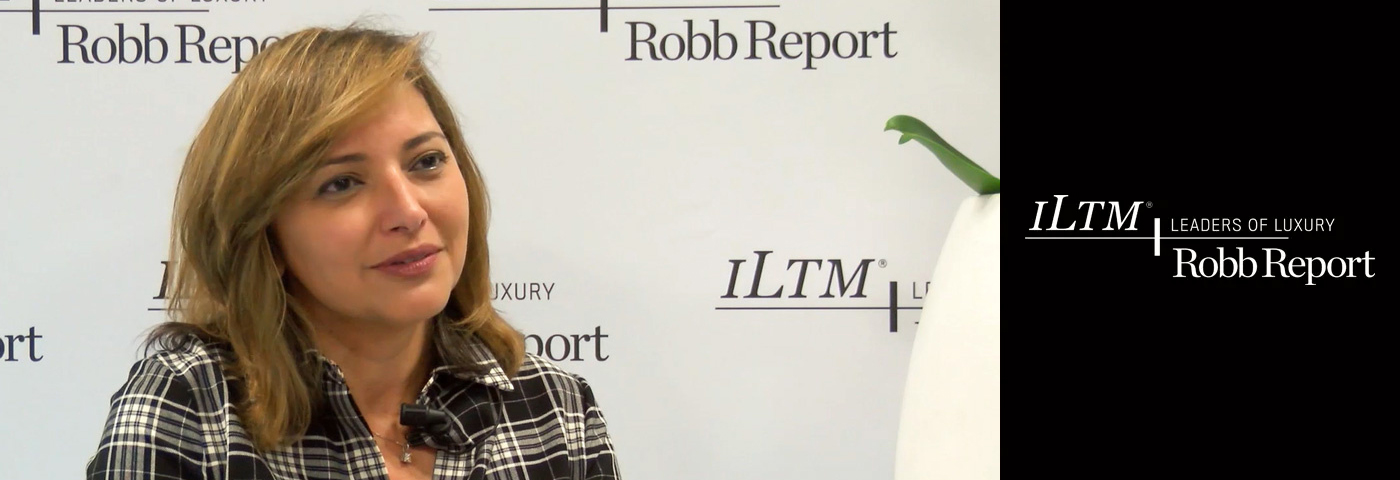
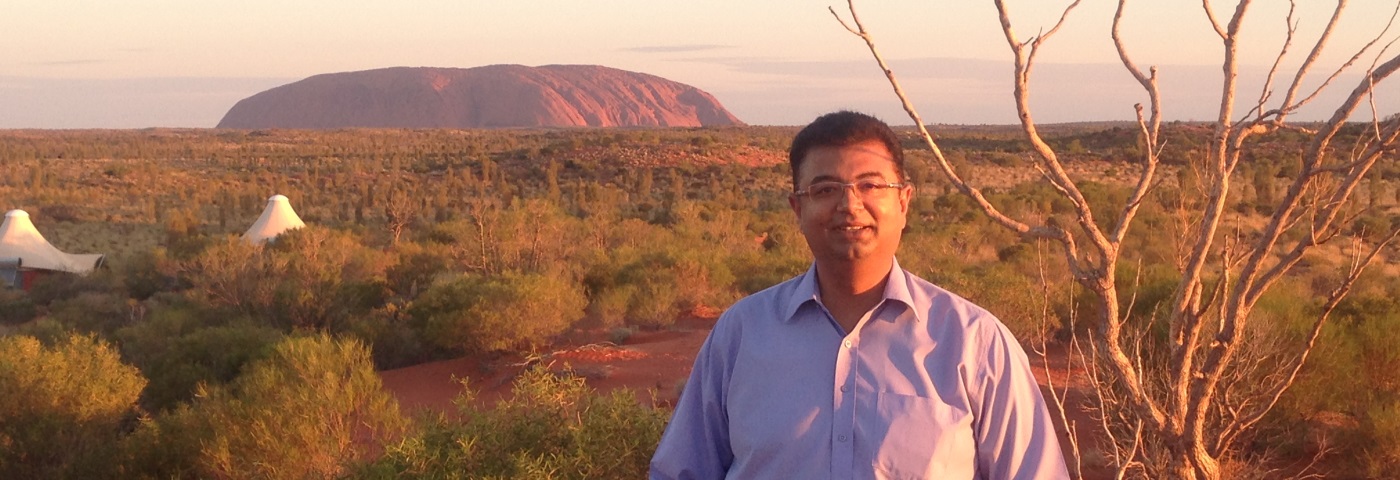
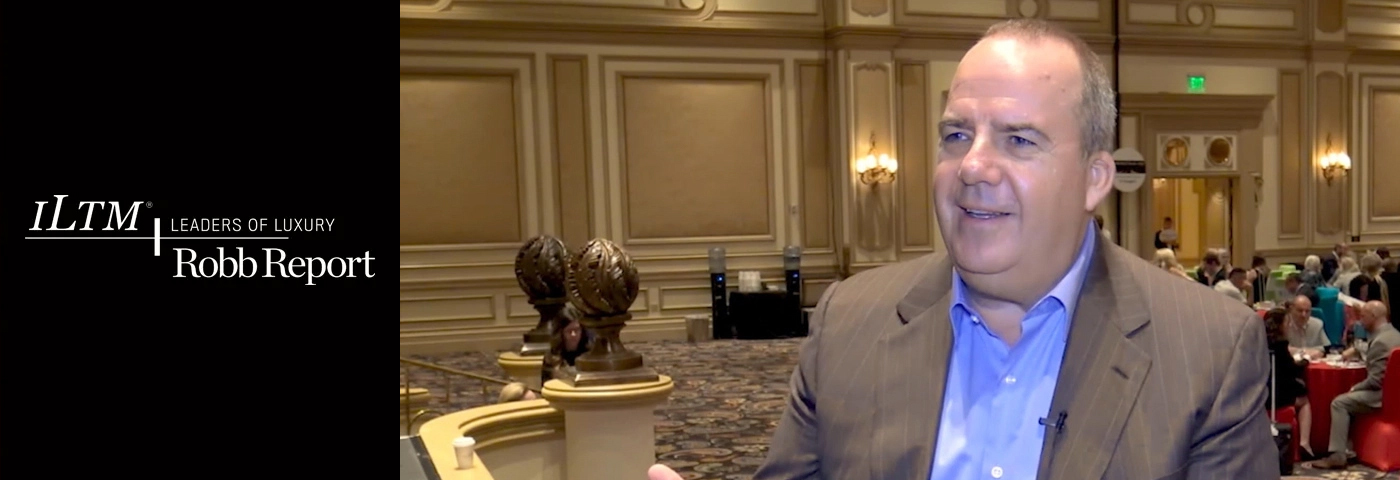

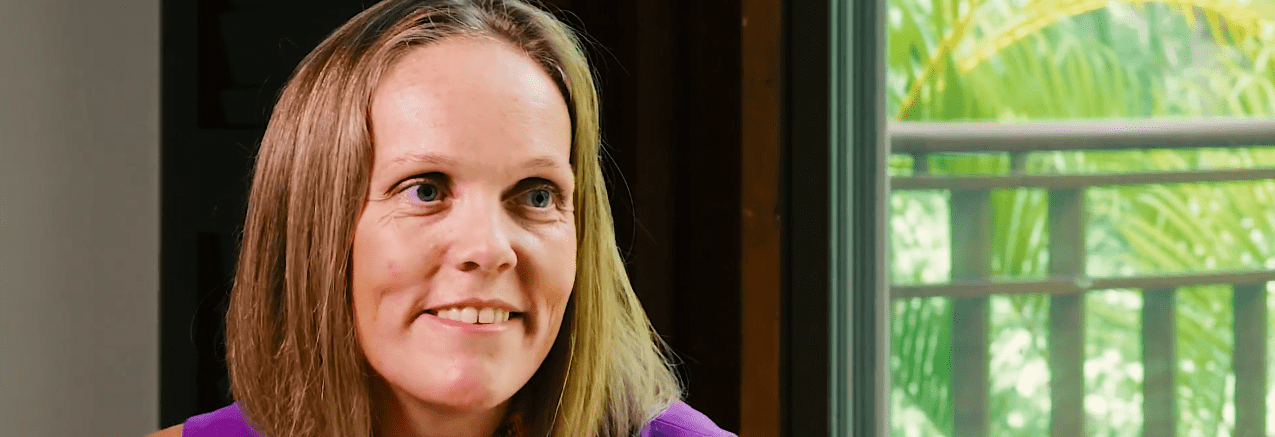

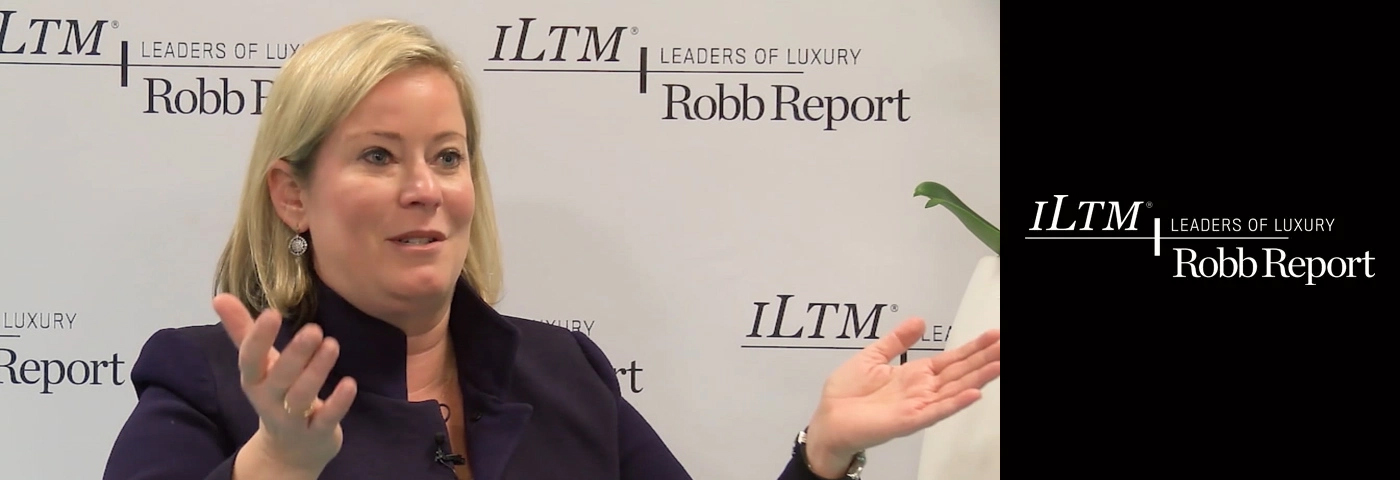

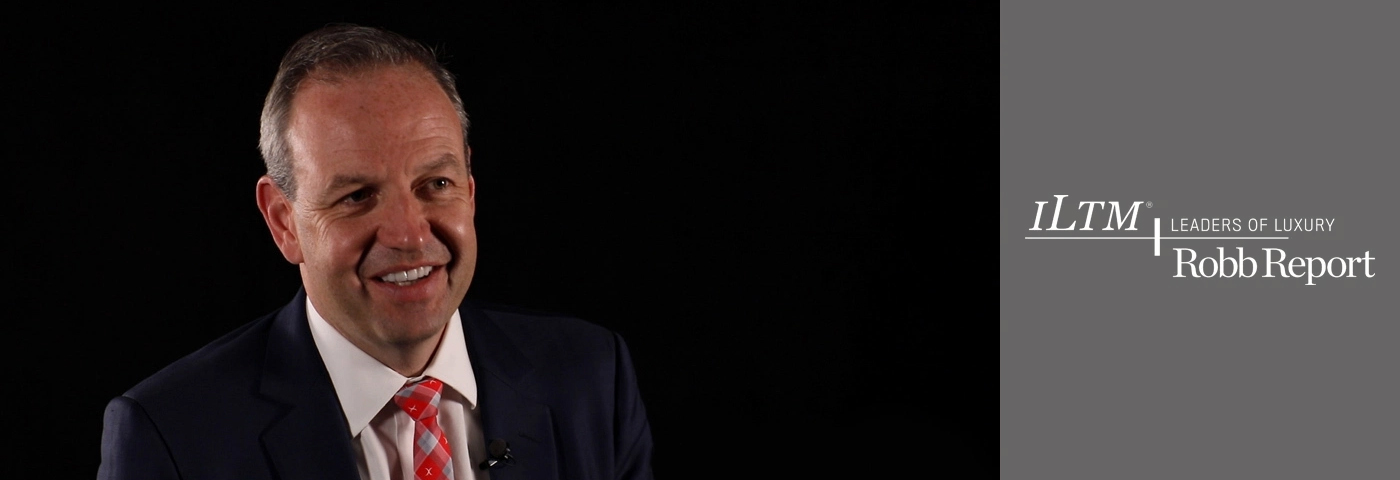
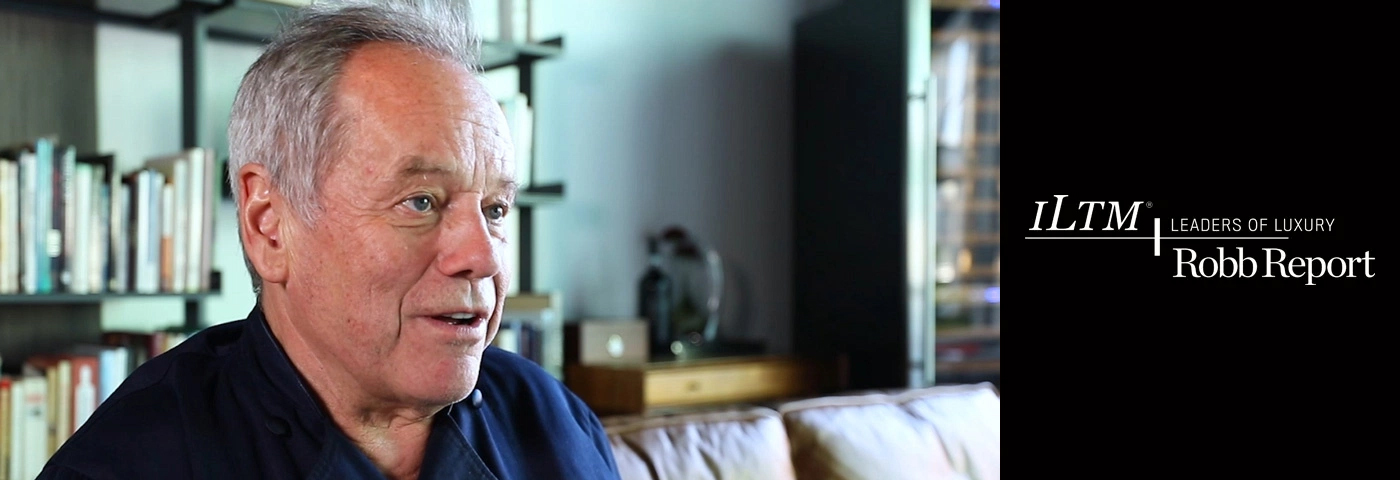
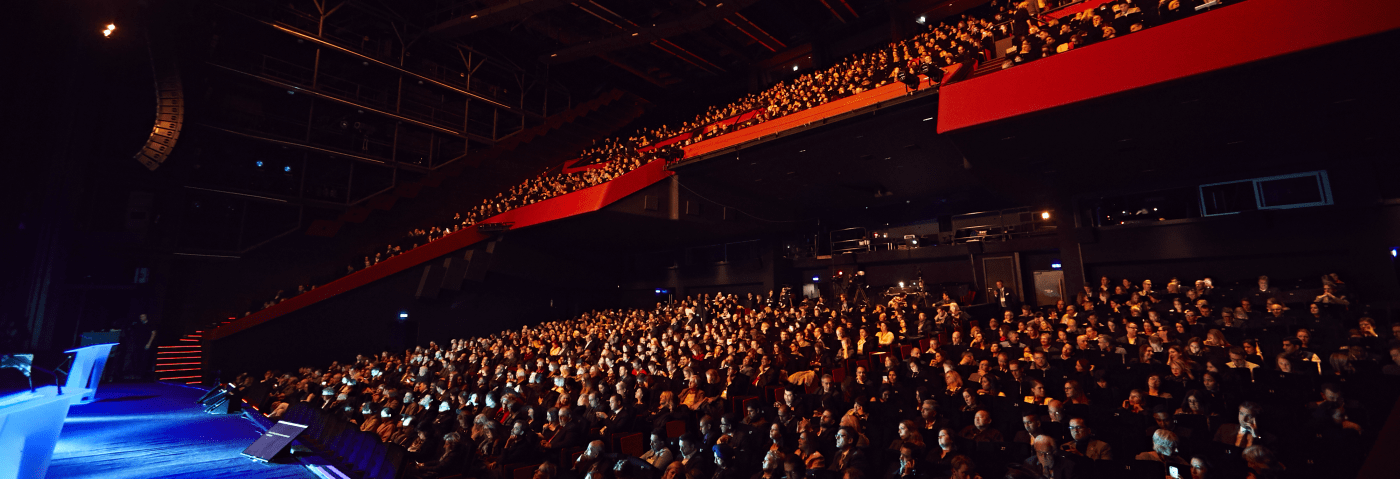
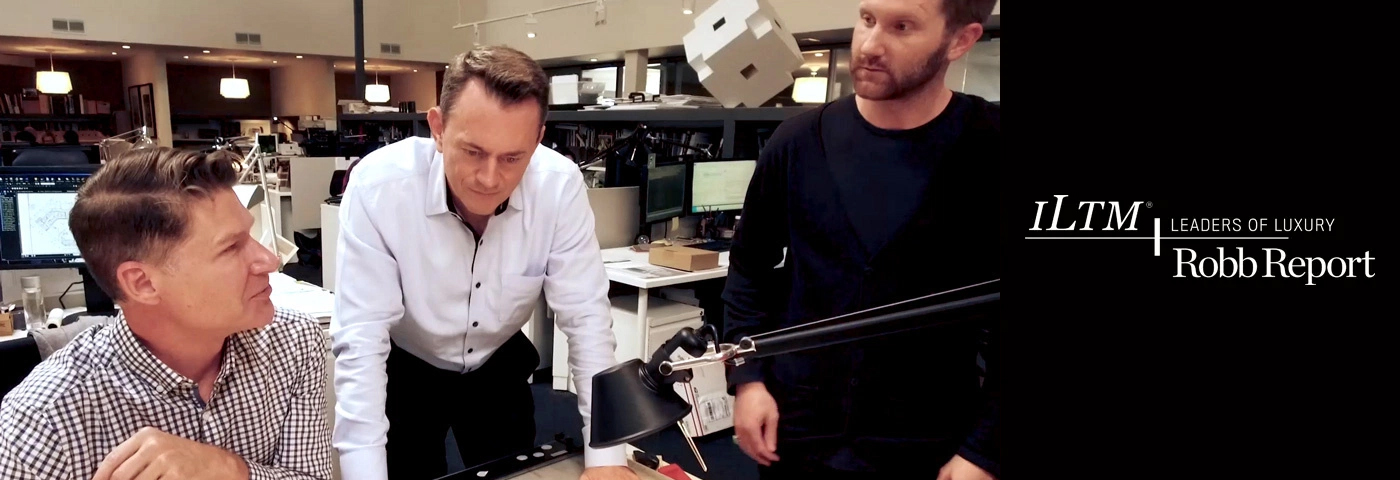
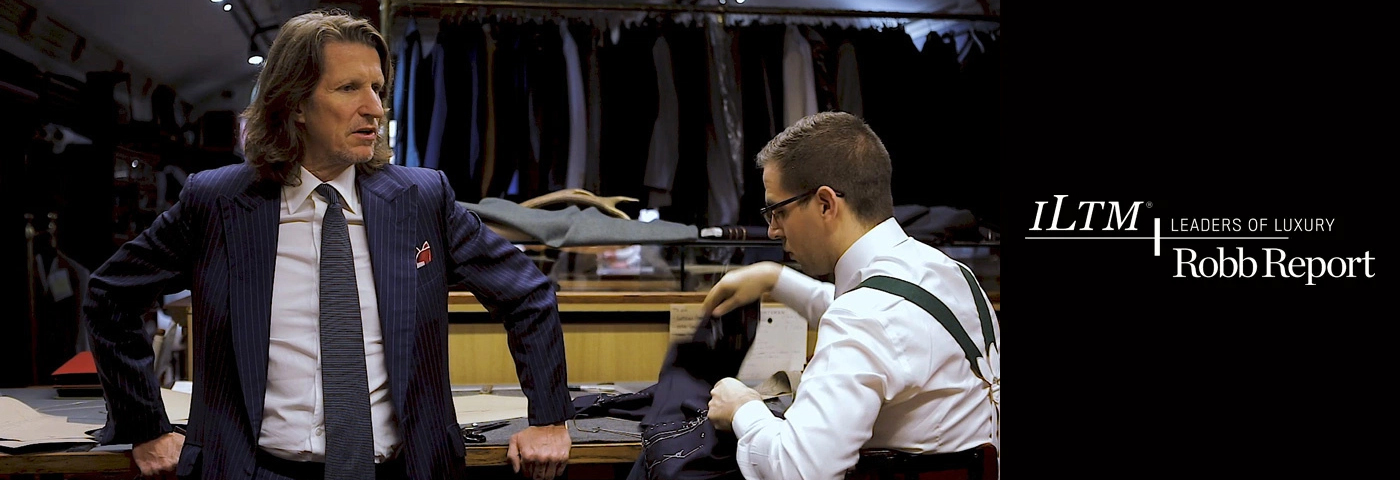
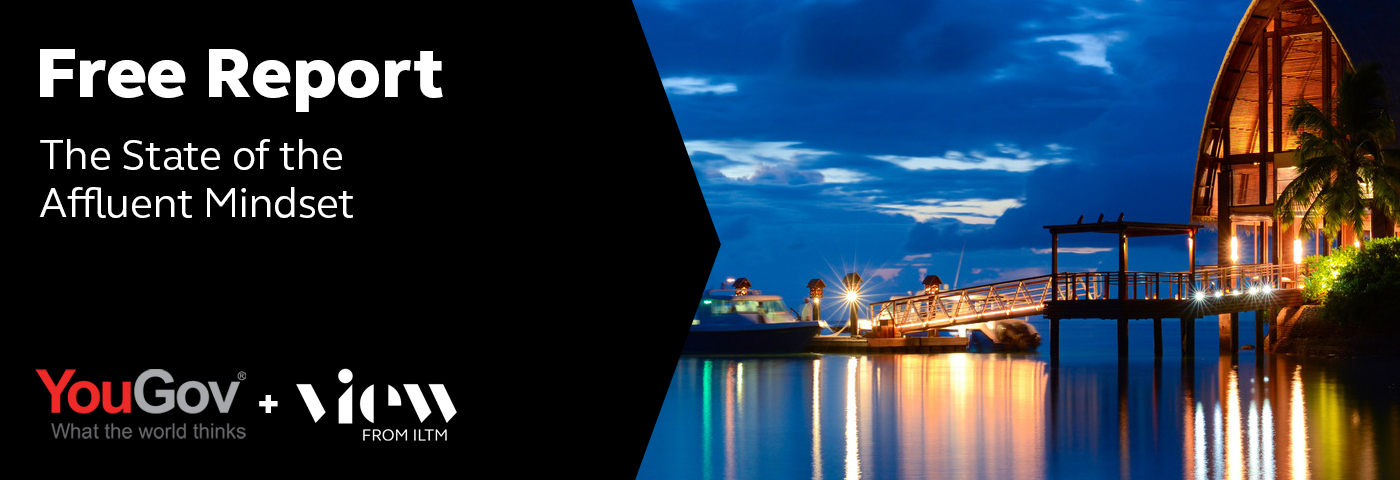
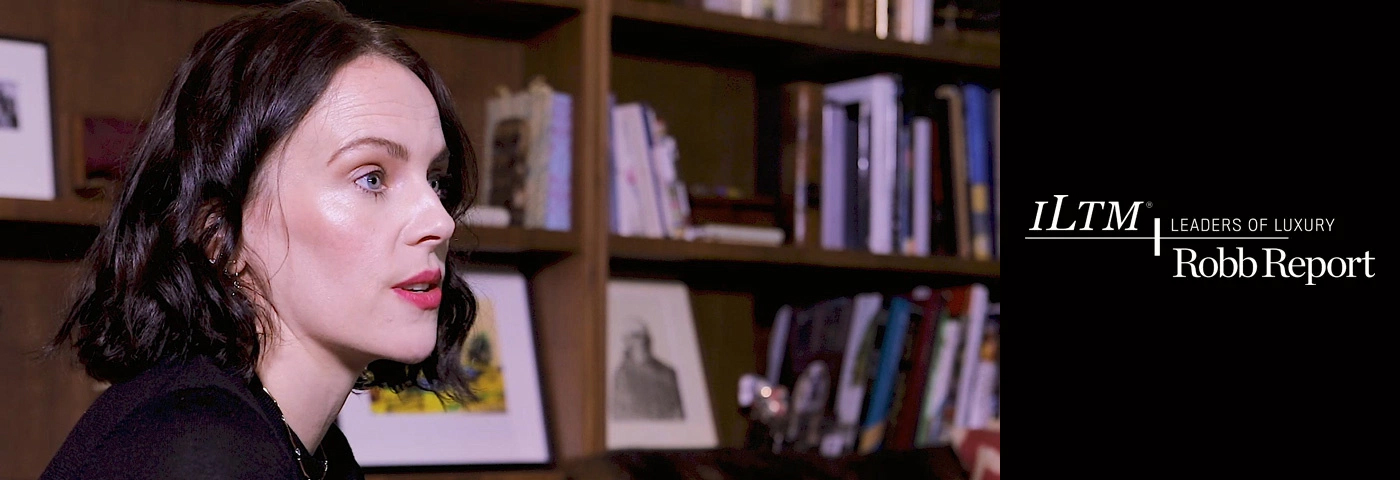
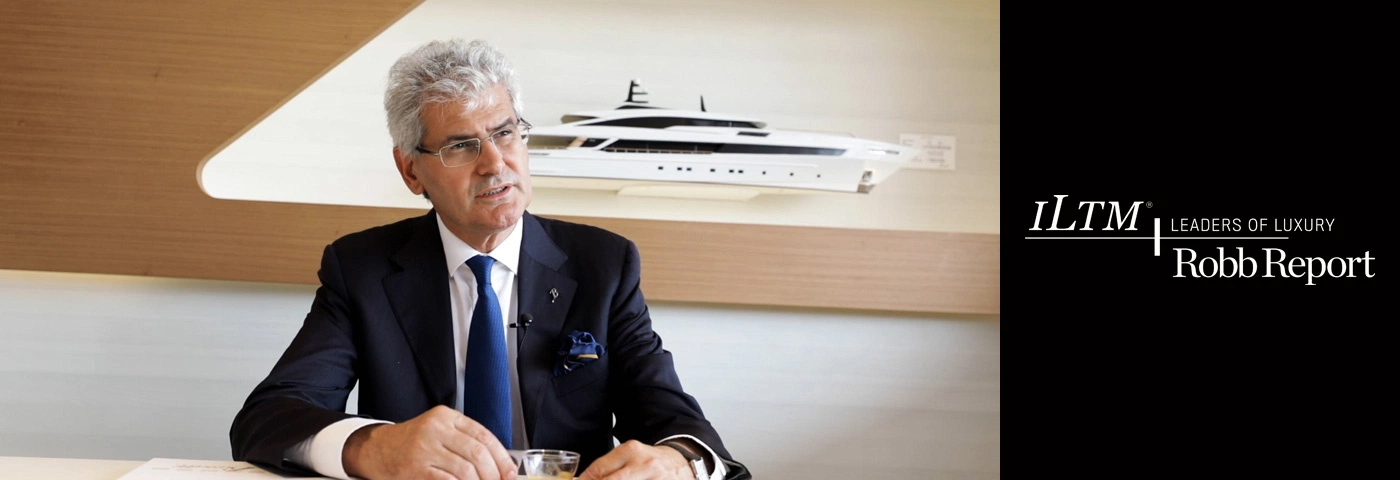
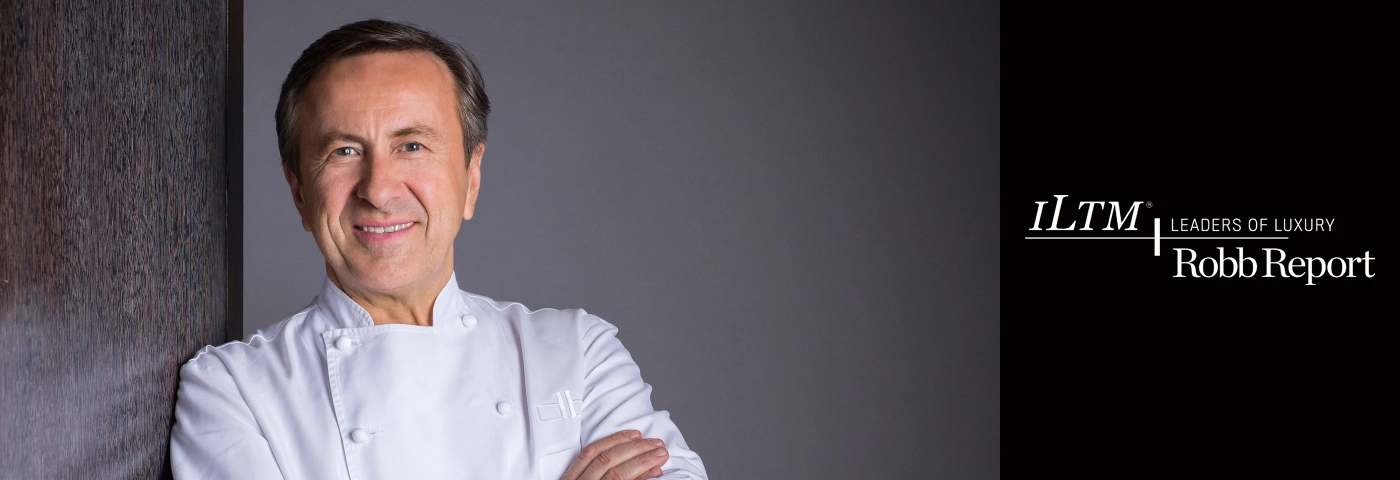
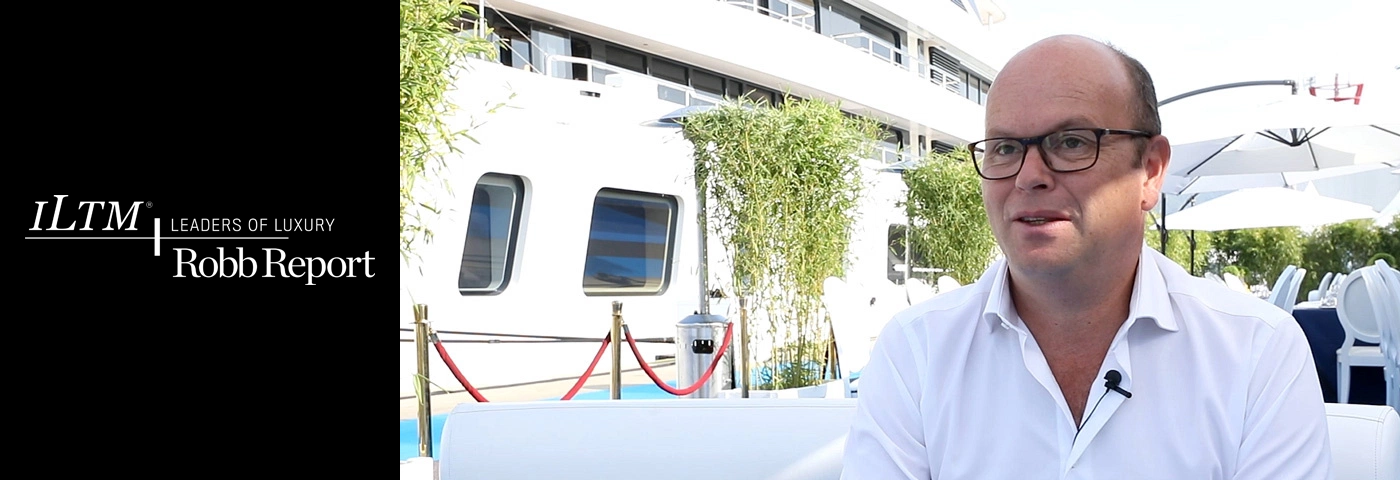
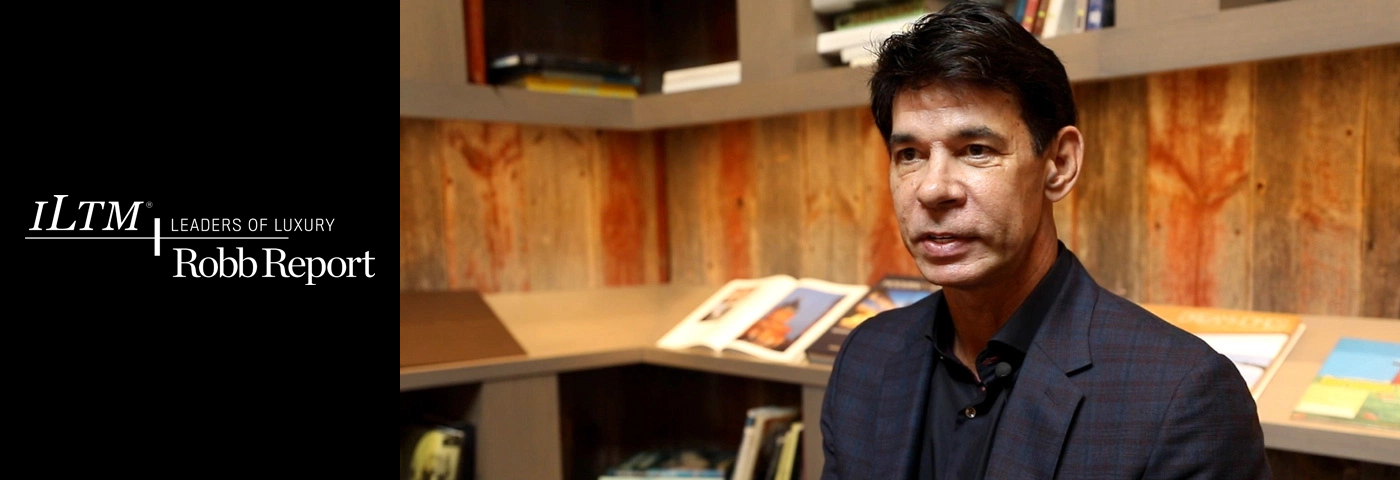
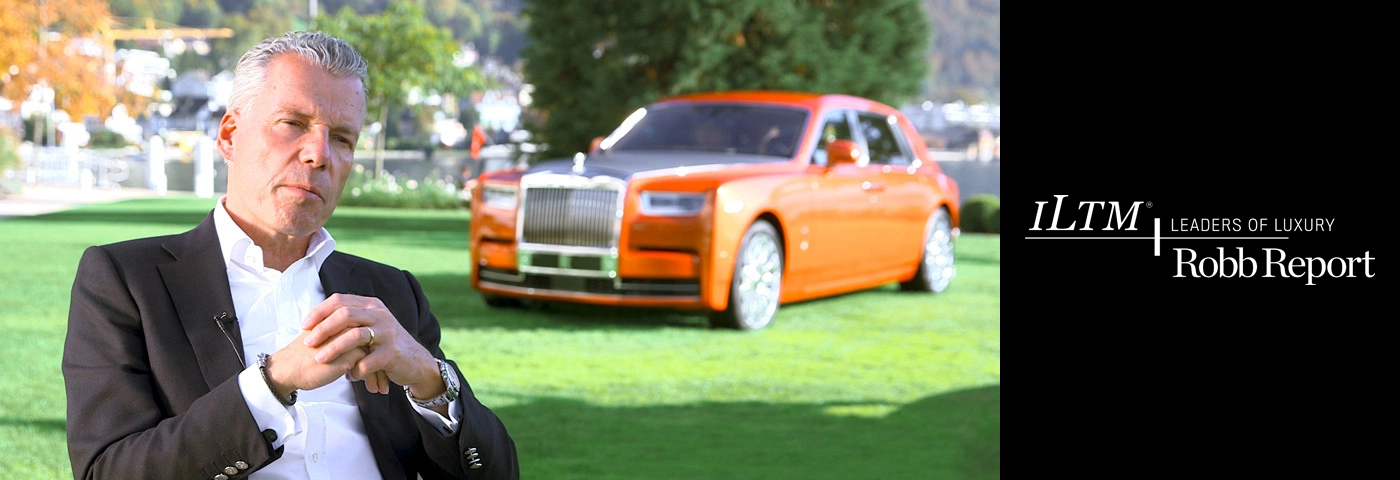
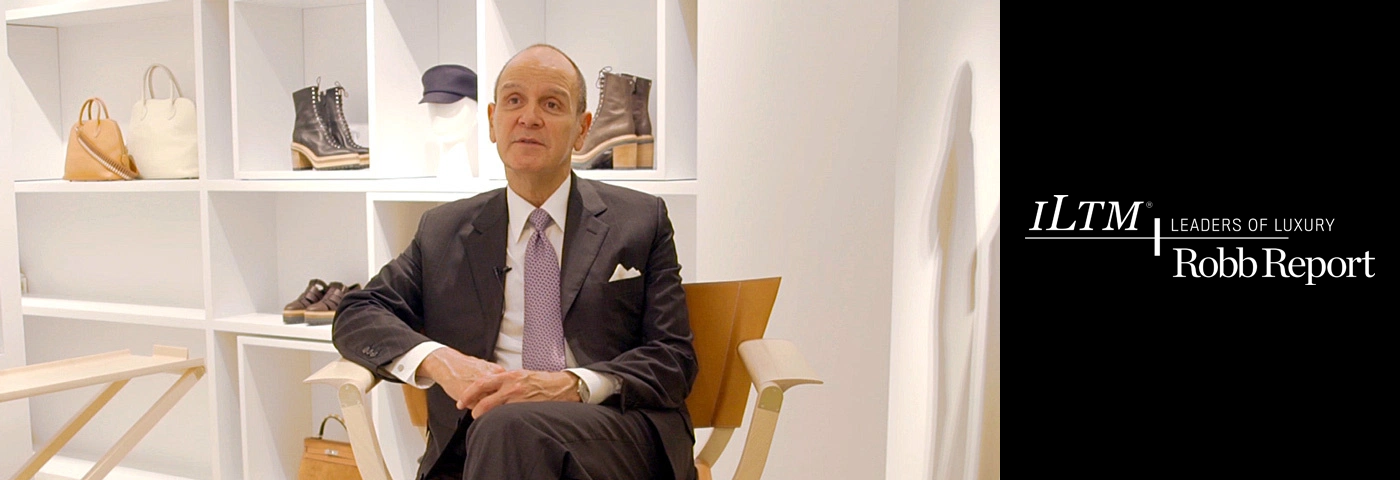
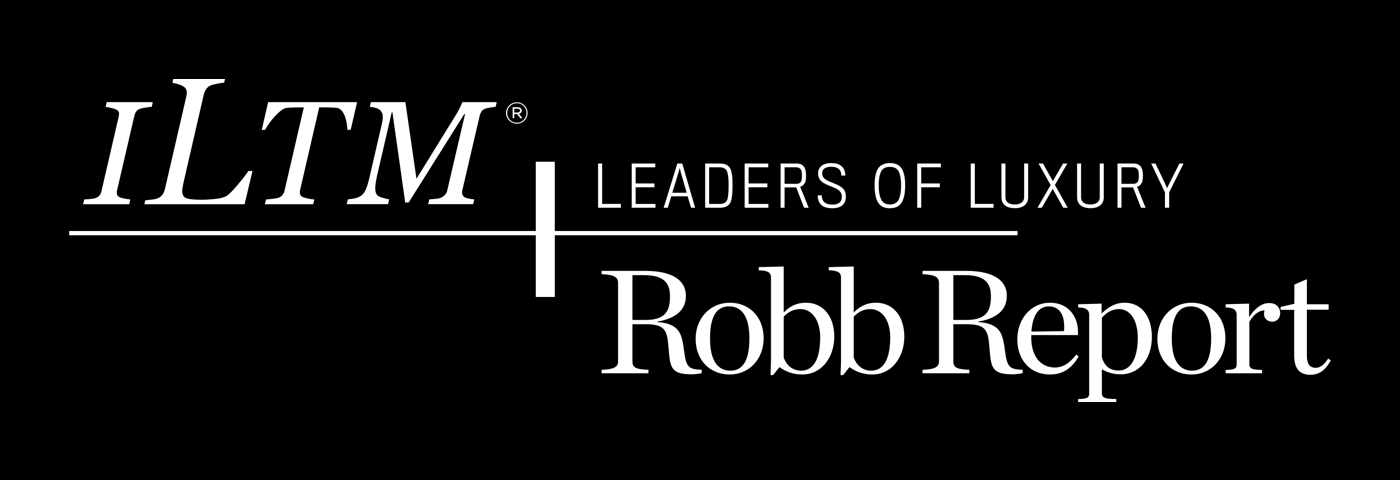
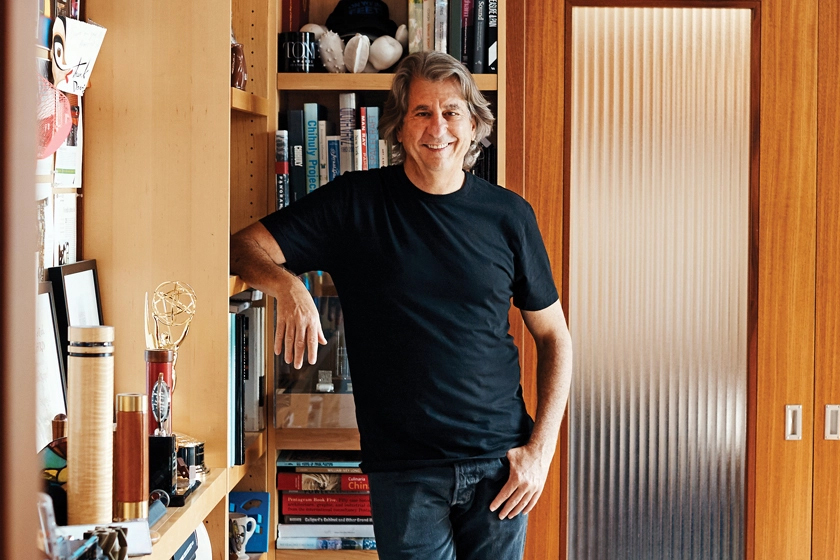 David Rockwell
David Rockwell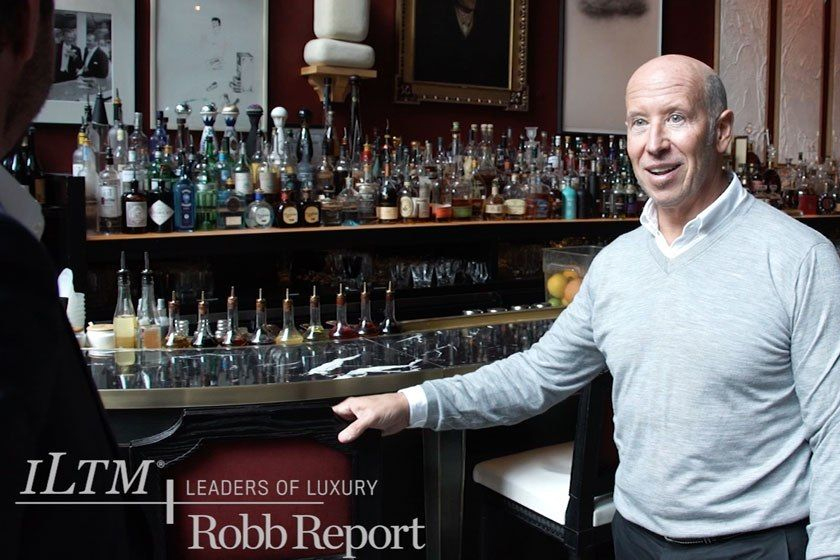 Barry Sternlicht
Barry Sternlicht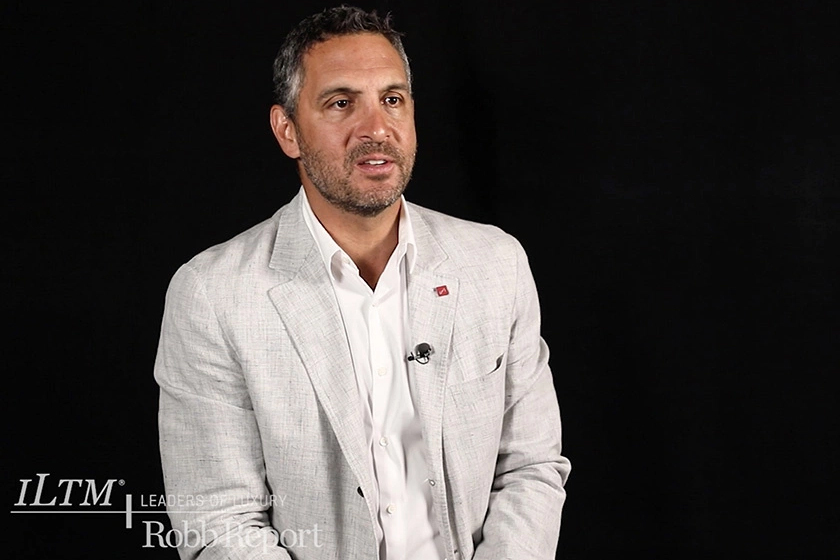 Mauricio Umansky
Mauricio Umansky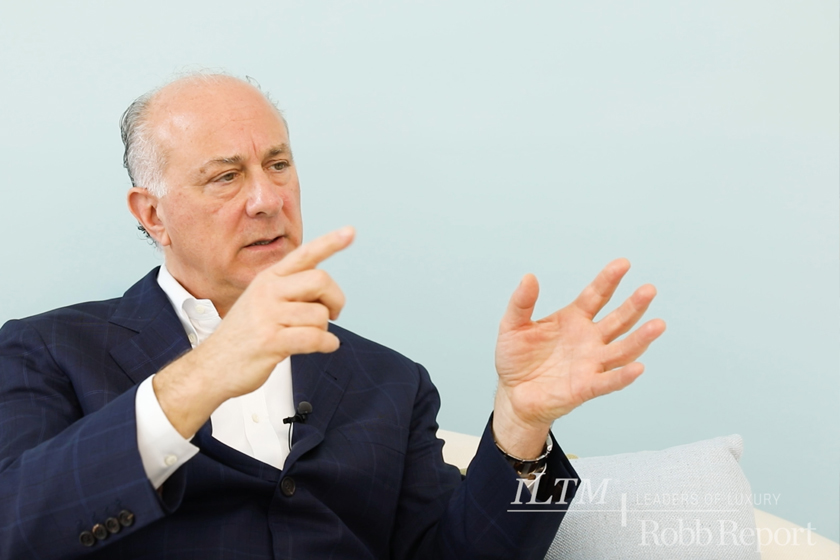 Ralph Pucci
Ralph Pucci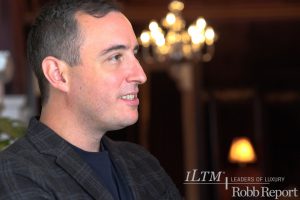 Will Guidara
Will Guidara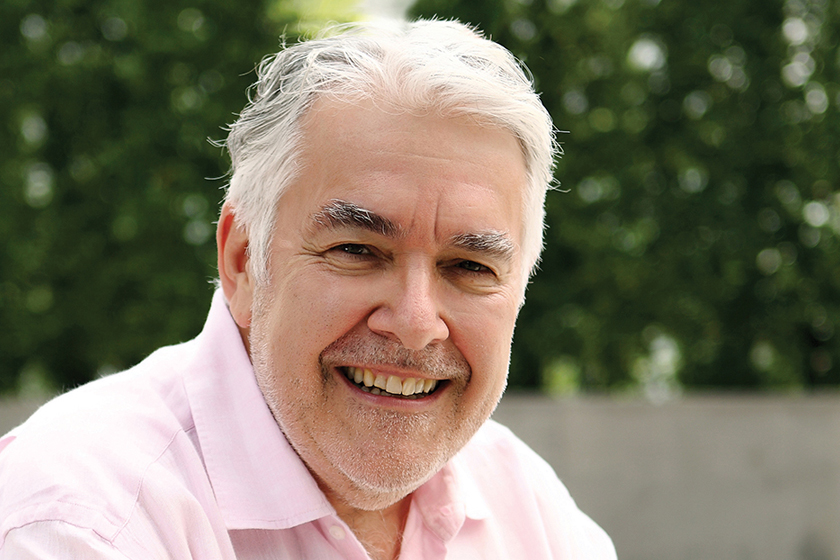 Neil Jacobs
Neil Jacobs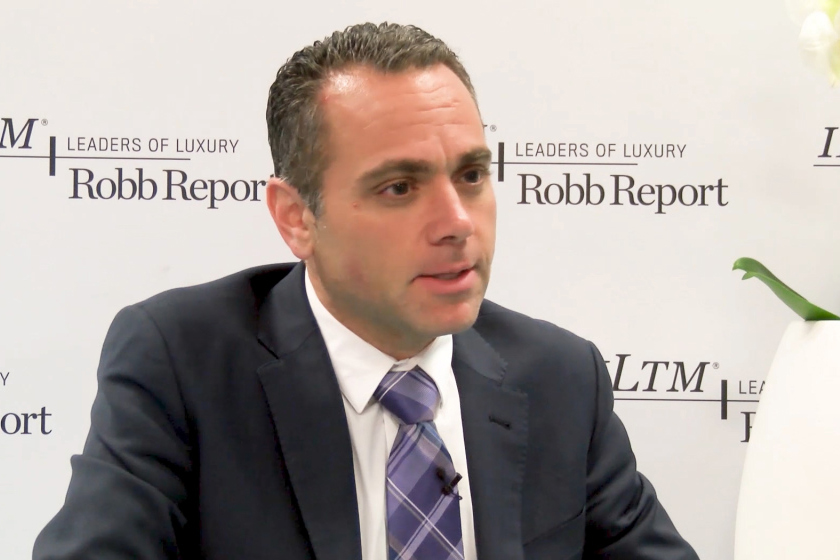 Jack Ezon
Jack Ezon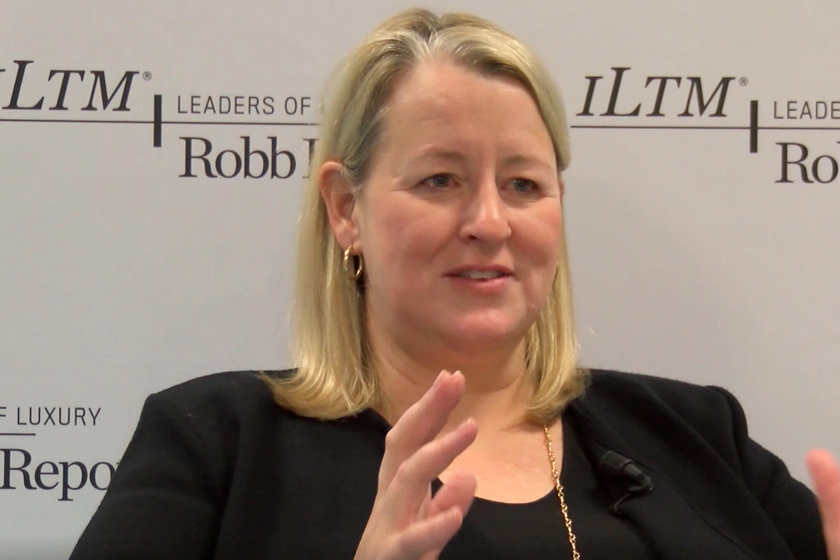 Nancy Schumacher
Nancy Schumacher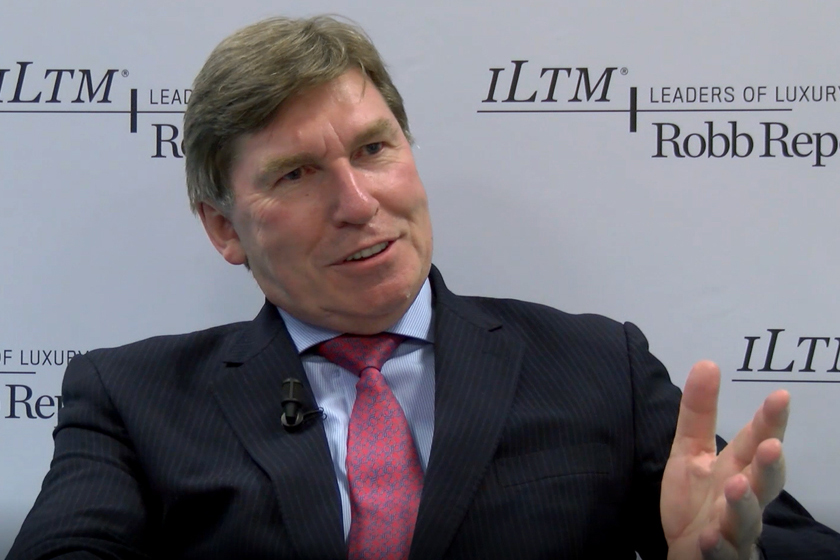 Chris Cahill
Chris Cahill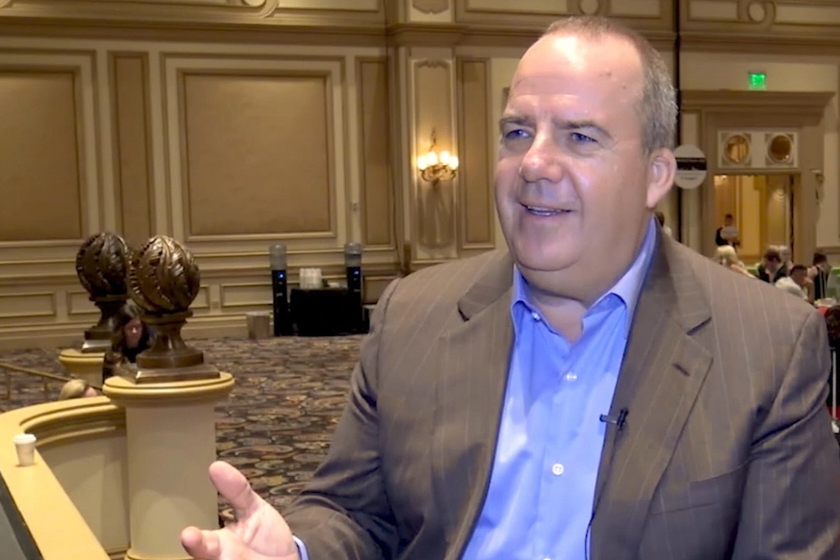 Matthew Upchurch
Matthew Upchurch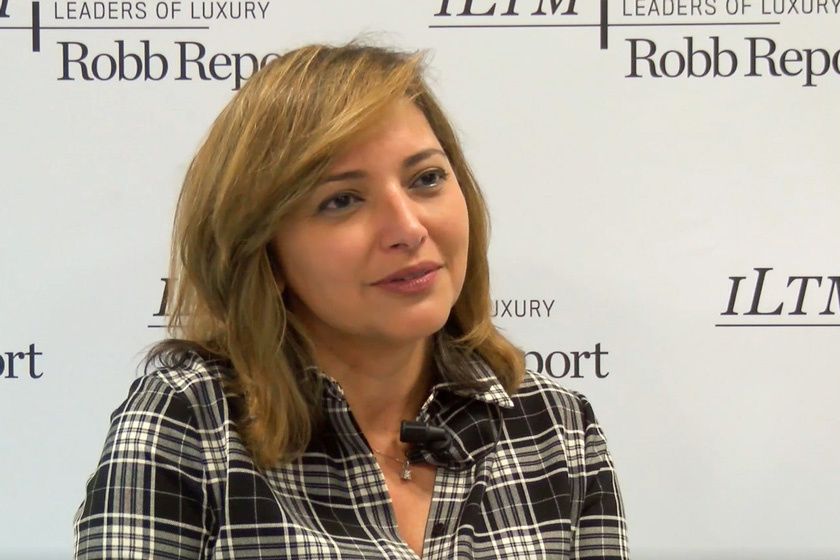 Tina Edmundson
Tina Edmundson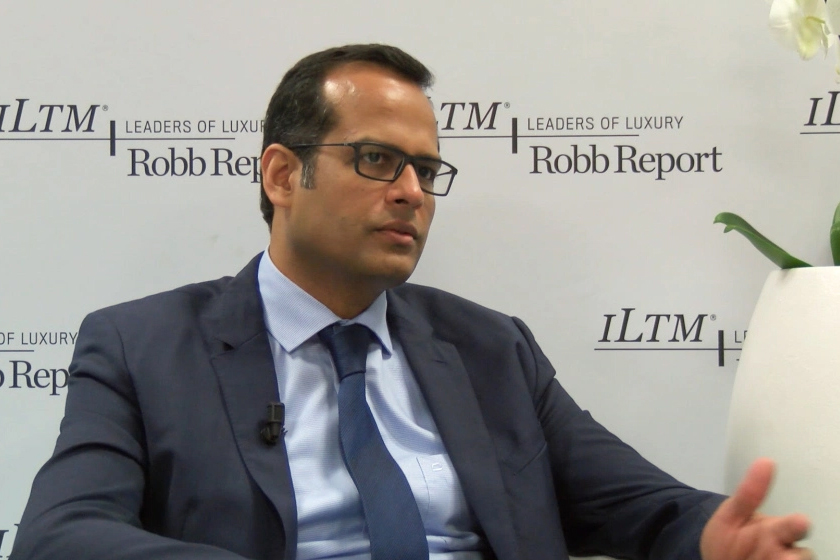 Chinmai Sharma
Chinmai Sharma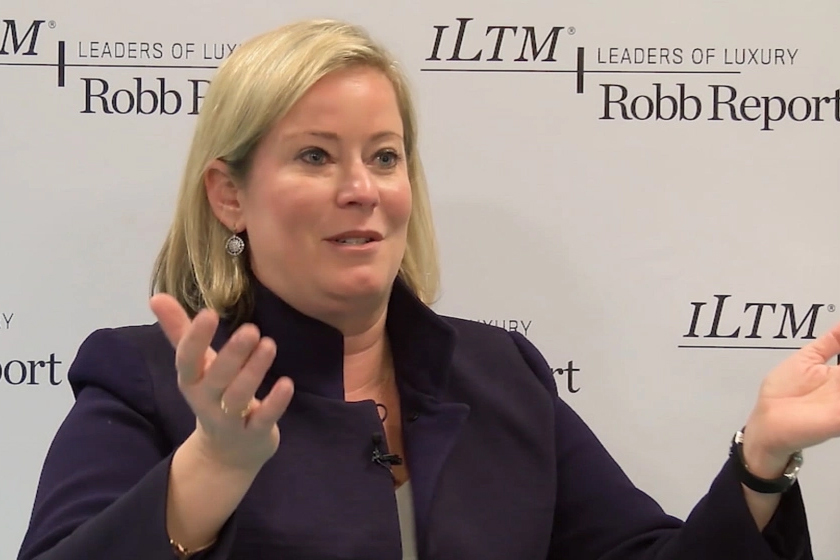 Lindsey Ueberroth
Lindsey Ueberroth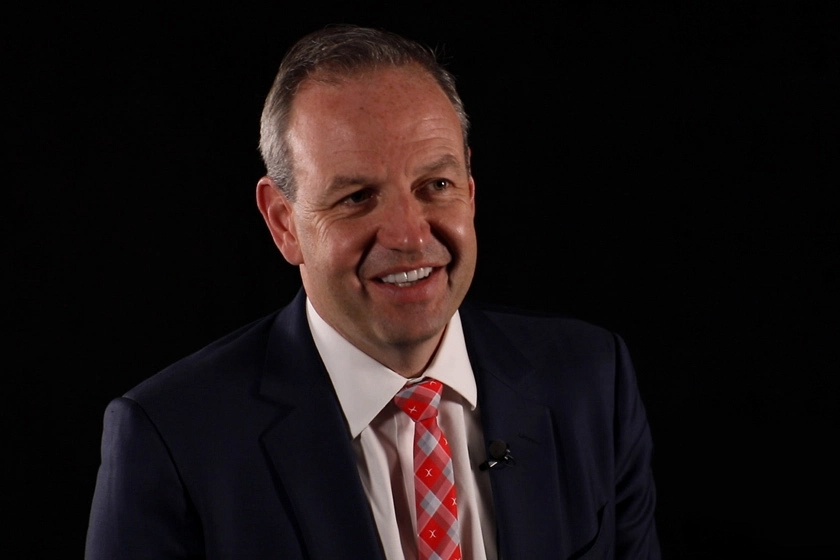 Alex Wilcox
Alex Wilcox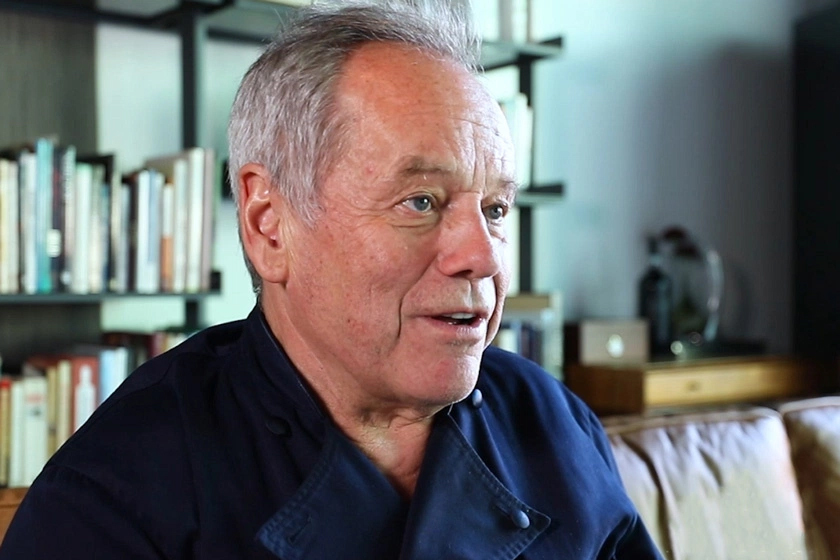 Wolfgang Puck
Wolfgang Puck René Gross Kaerskov
René Gross Kaerskov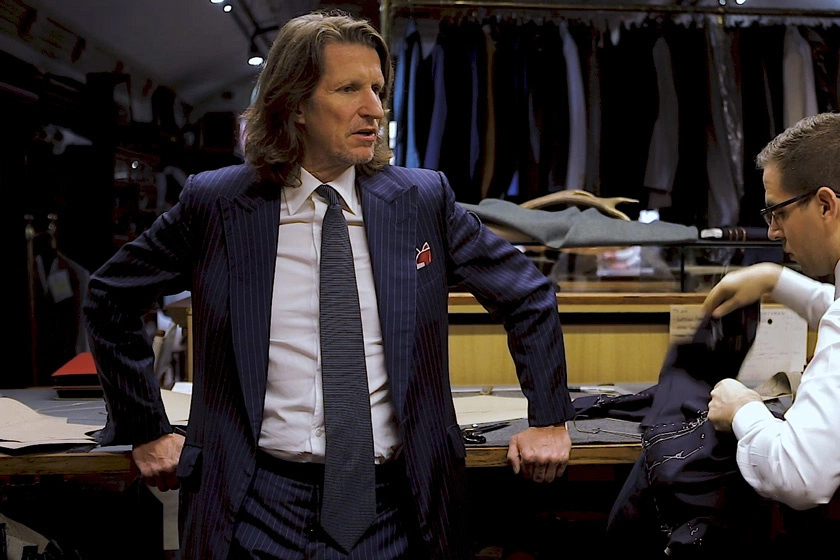 Pierre Lagrange
Pierre Lagrange Jessica McCormack
Jessica McCormack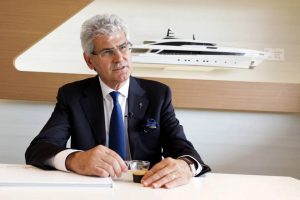 Vincenzo Poerio
Vincenzo Poerio Daniel Boulud
Daniel Boulud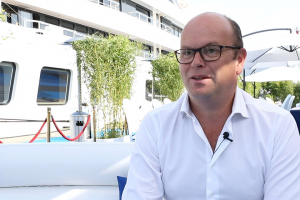 Jan-Bart Verkuyl
Jan-Bart Verkuyl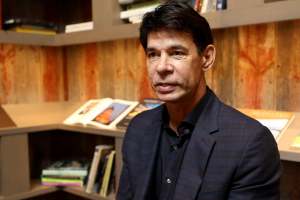 Richard Landry
Richard Landry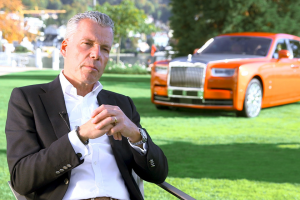 Torsten Müller-Ötvös
Torsten Müller-Ötvös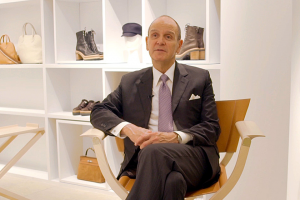 Robert Chavez
Robert Chavez
